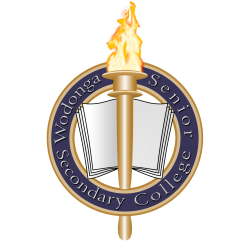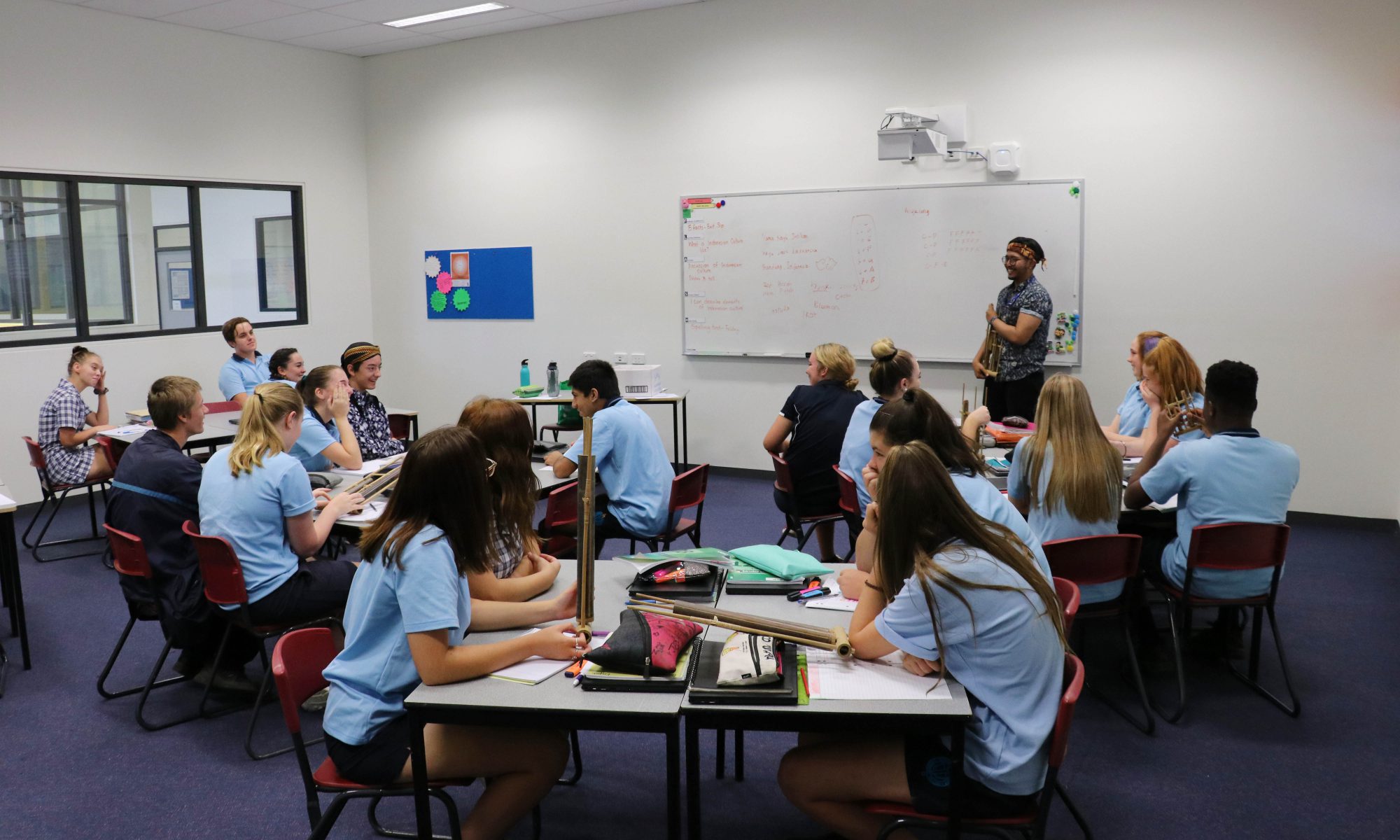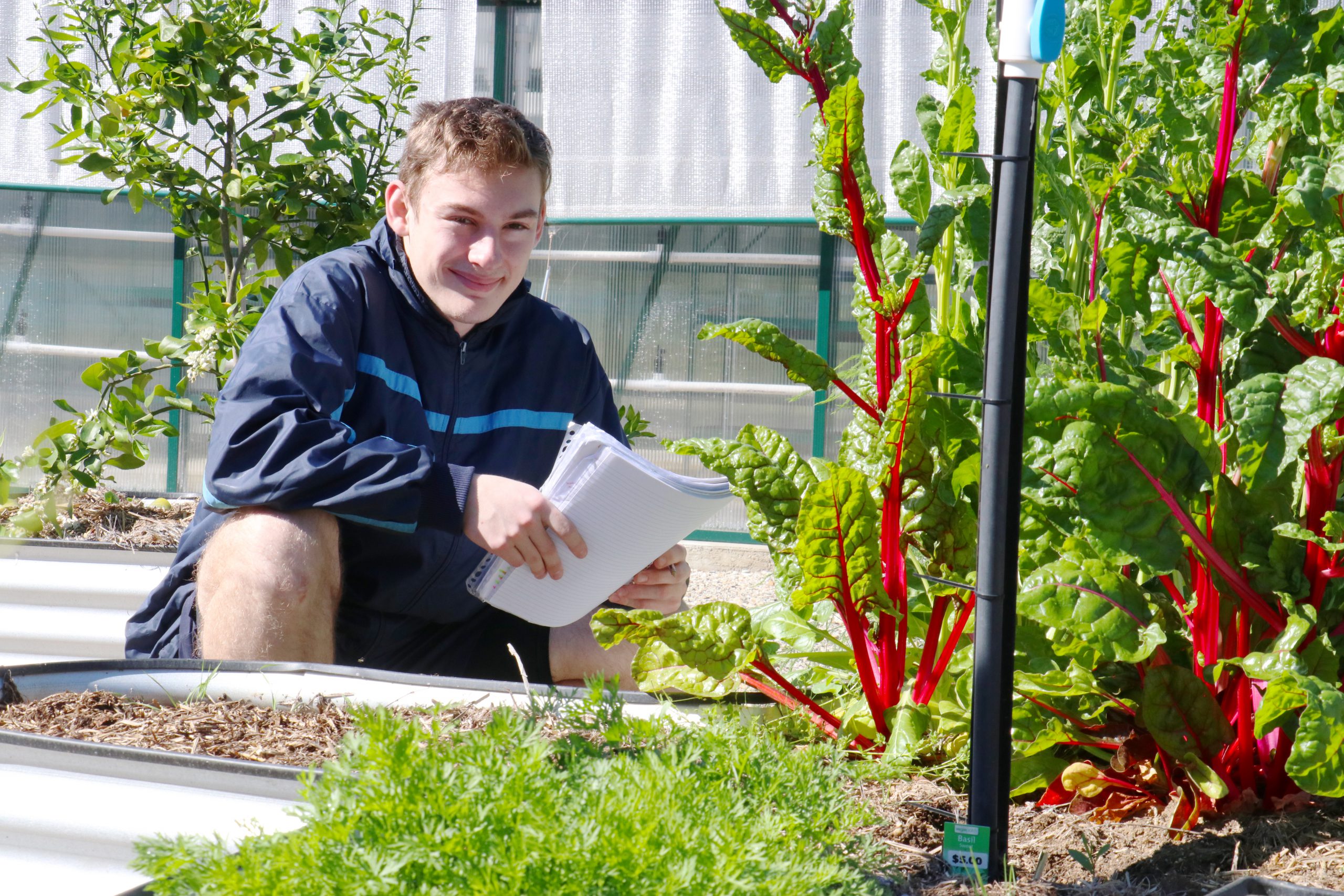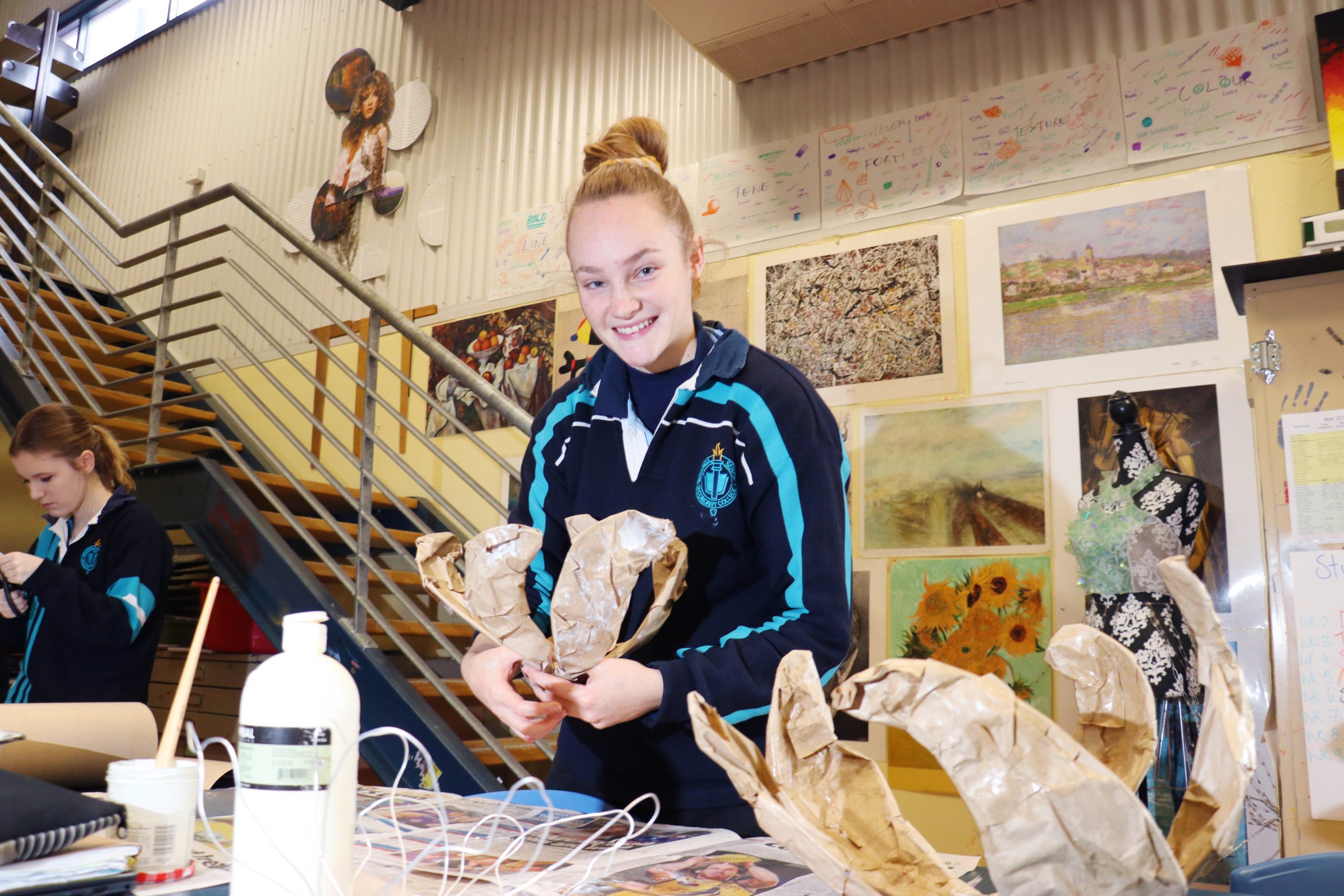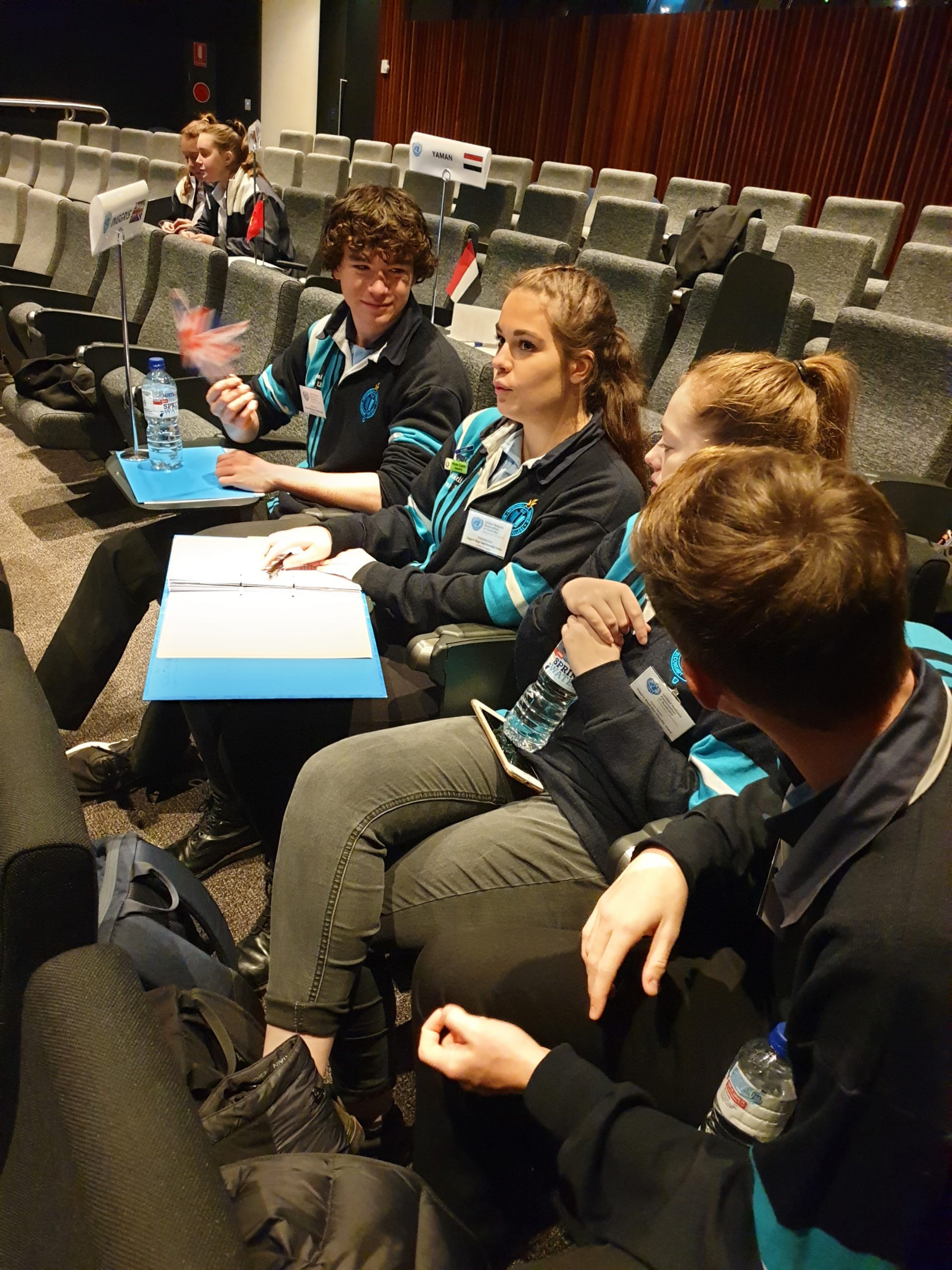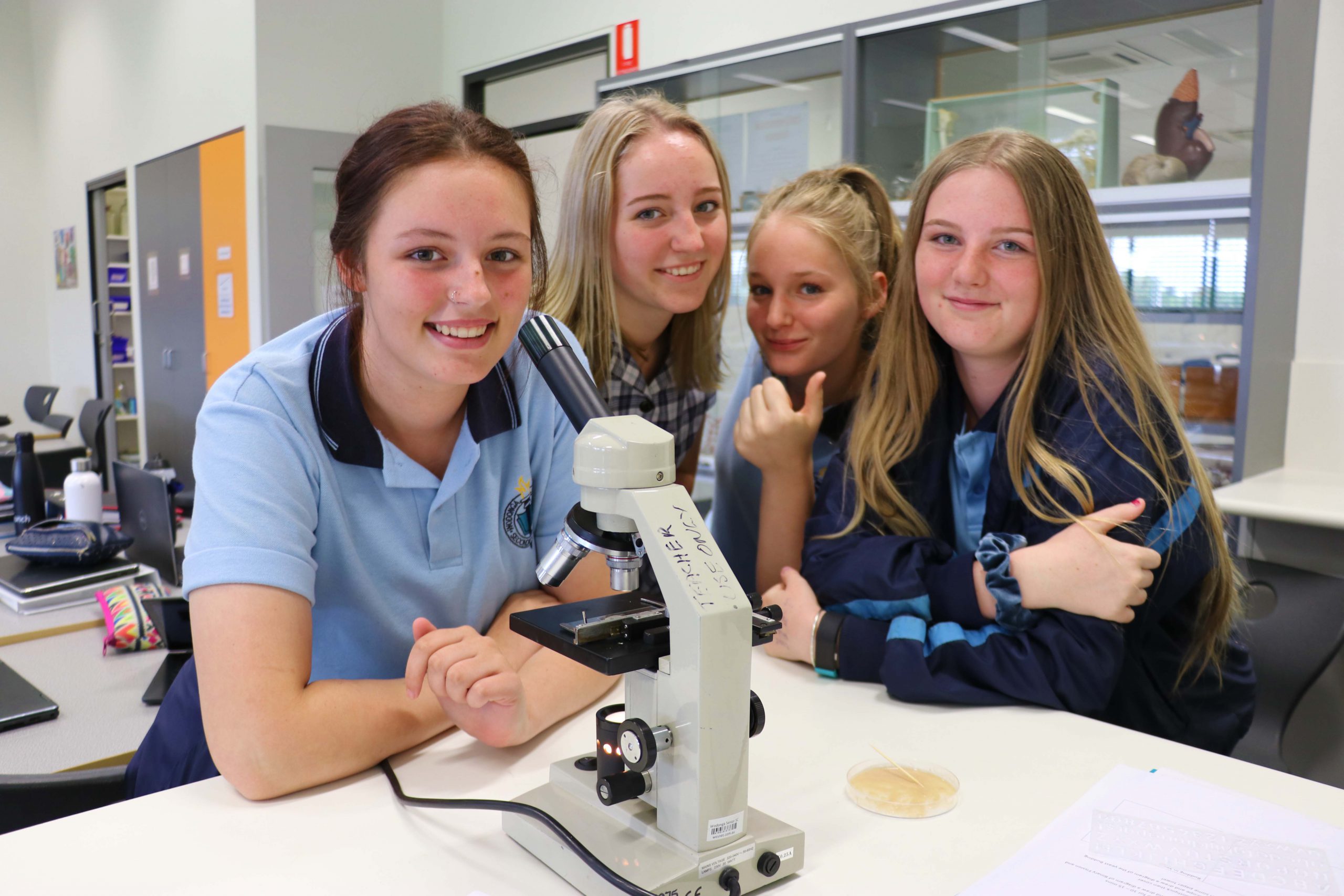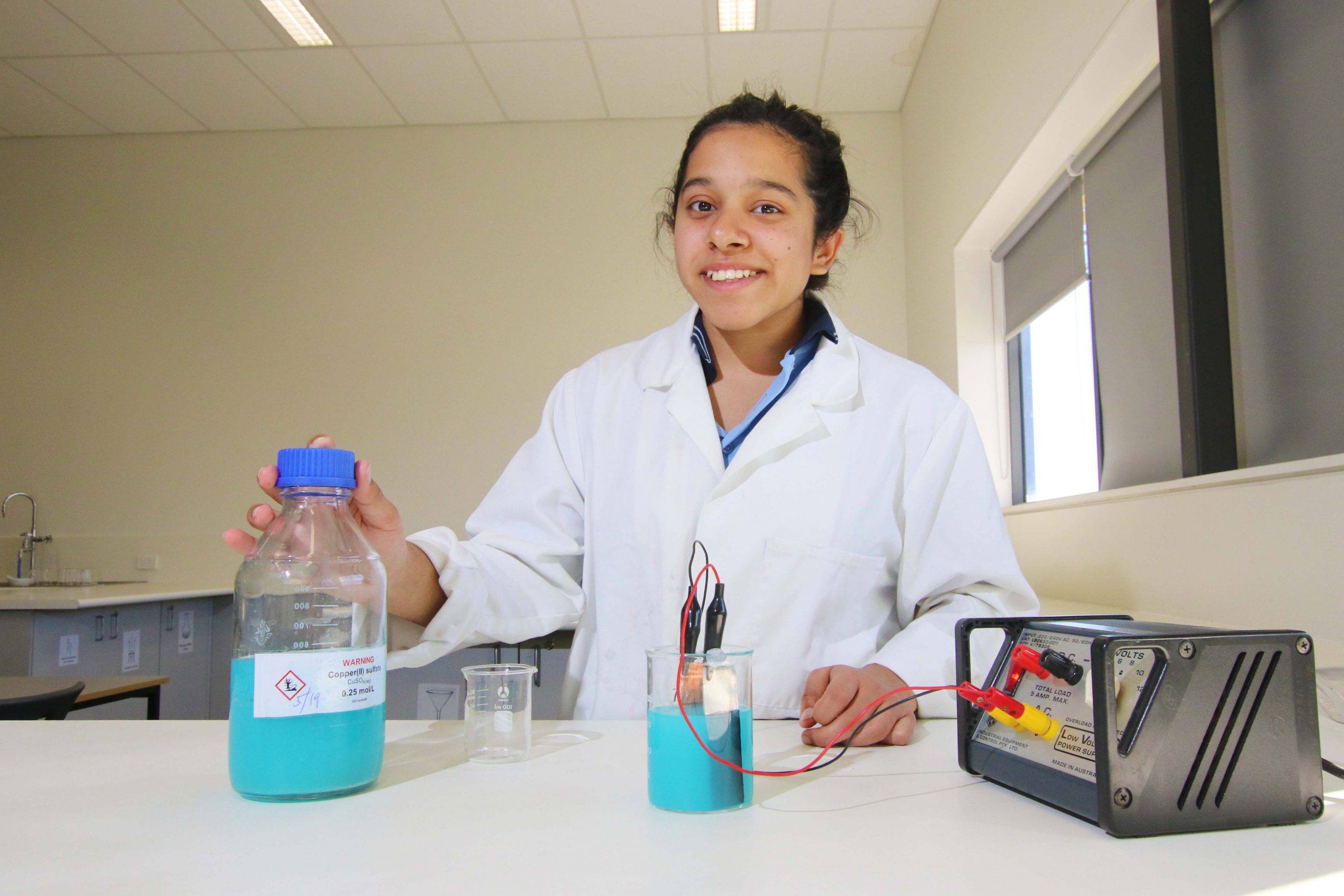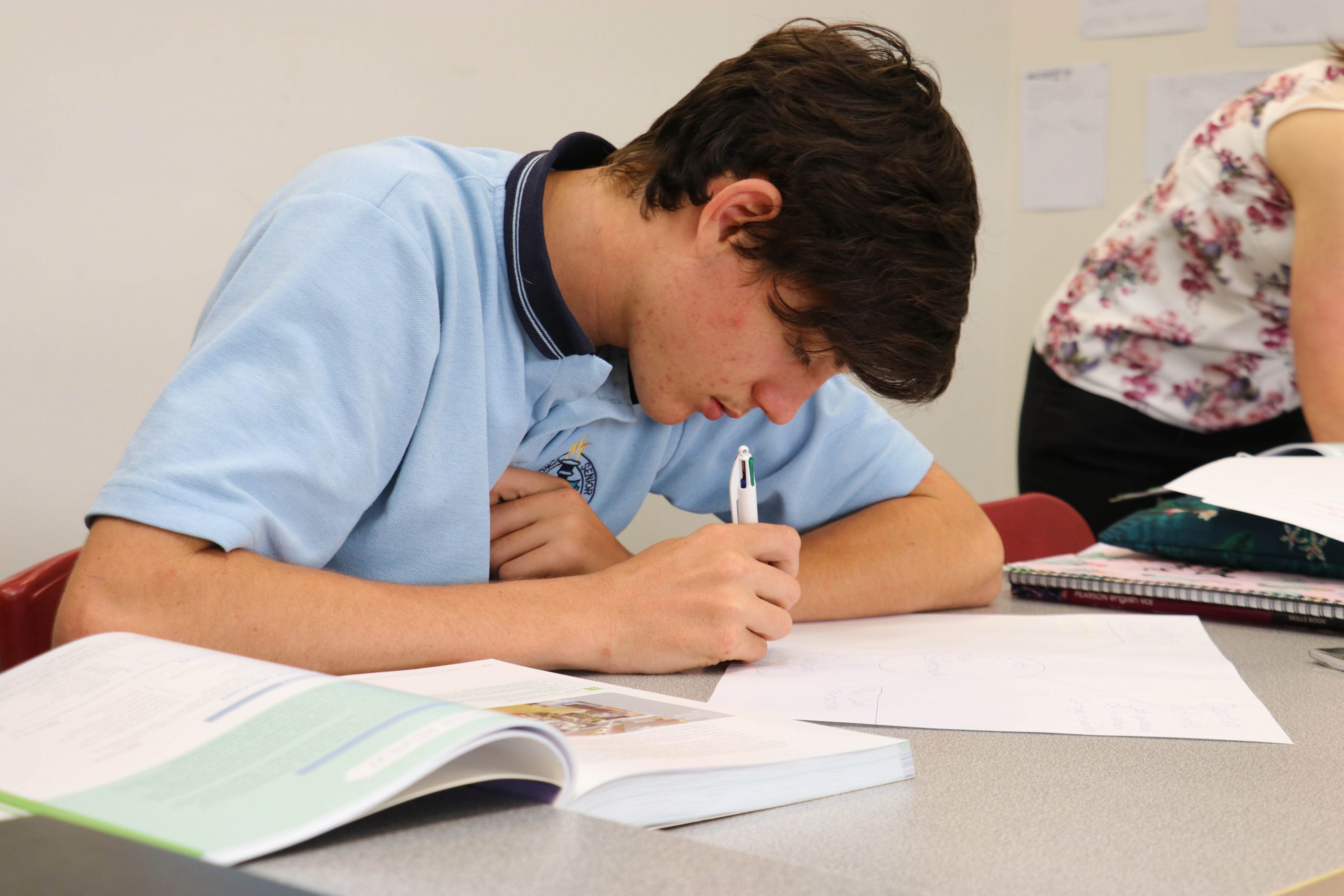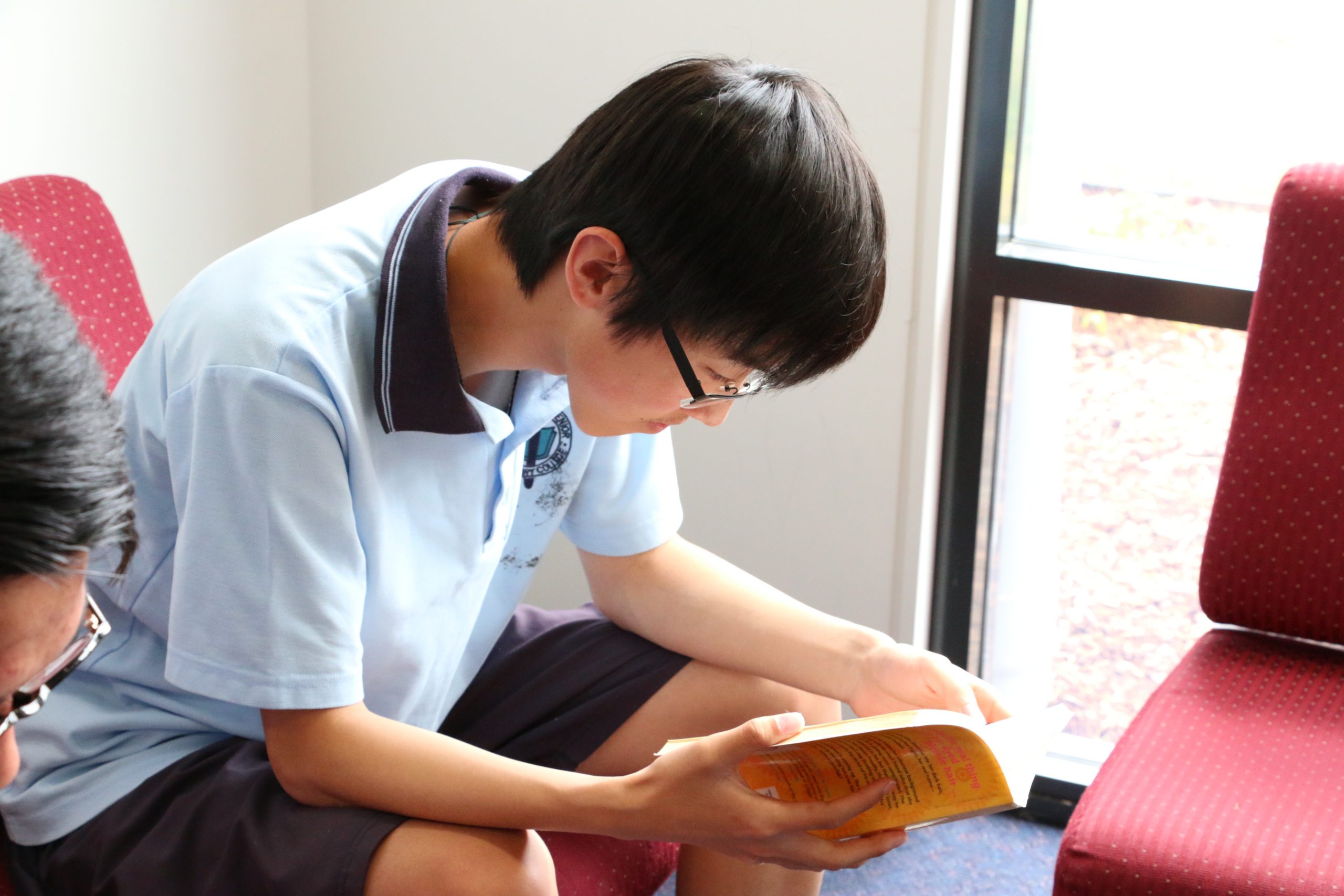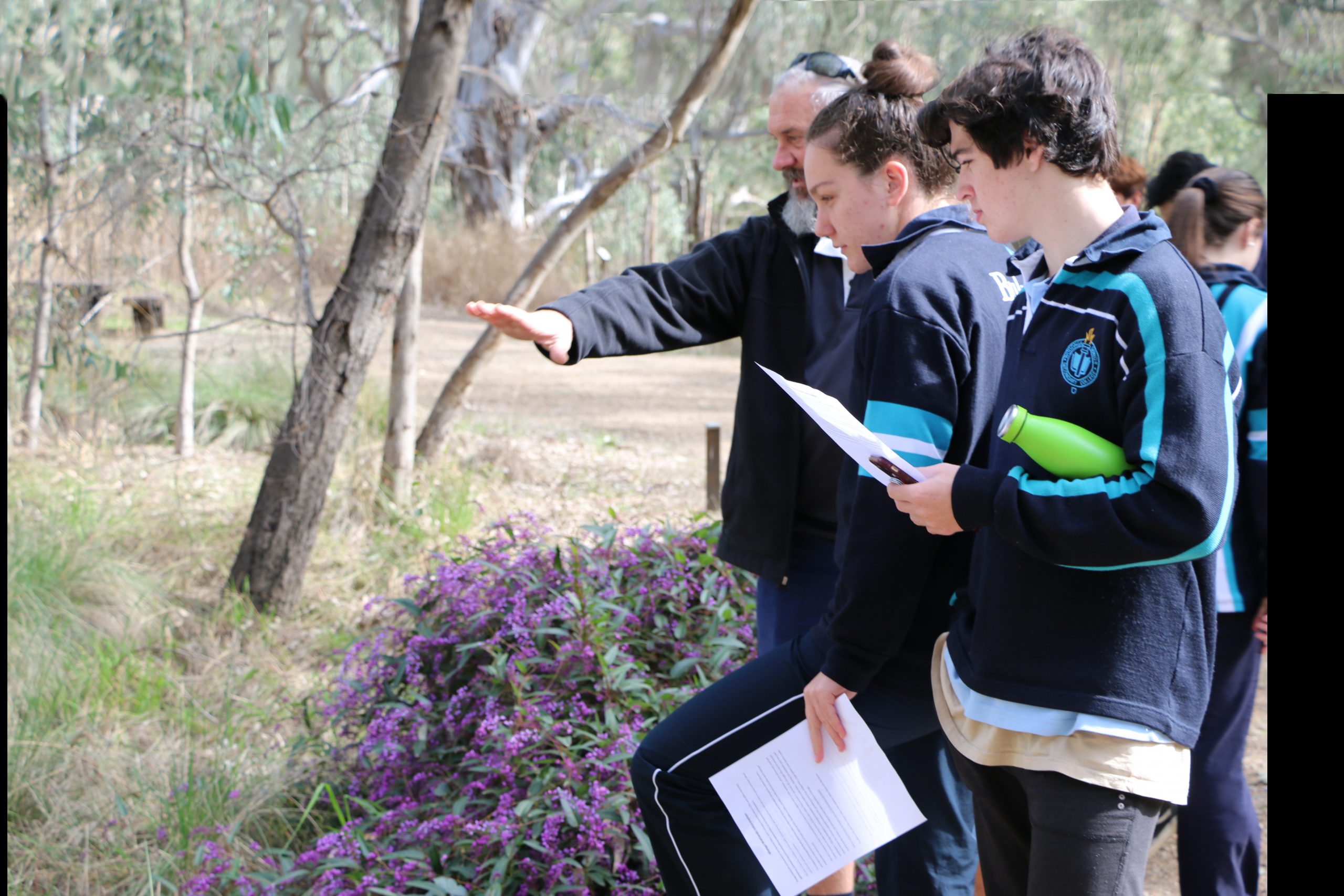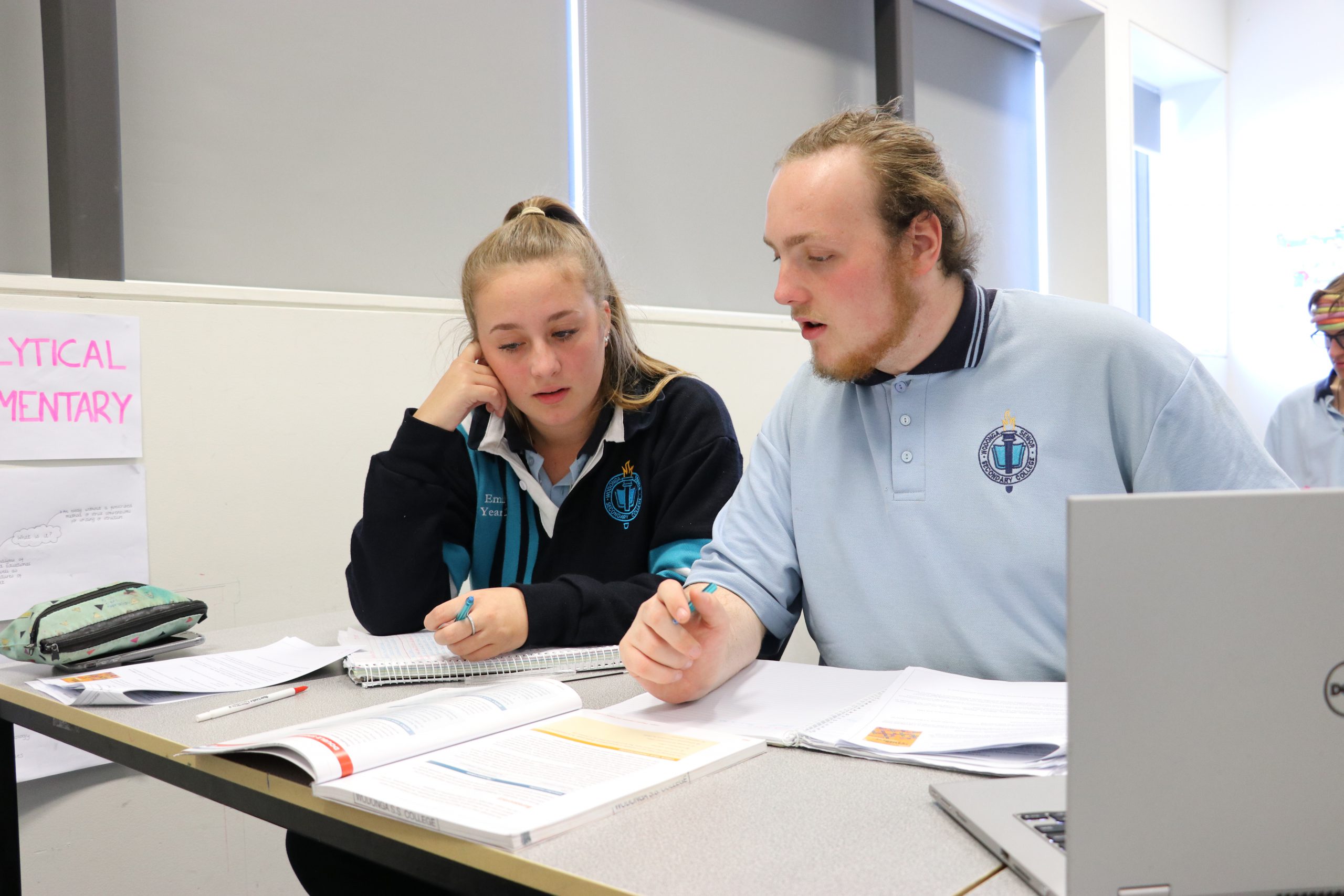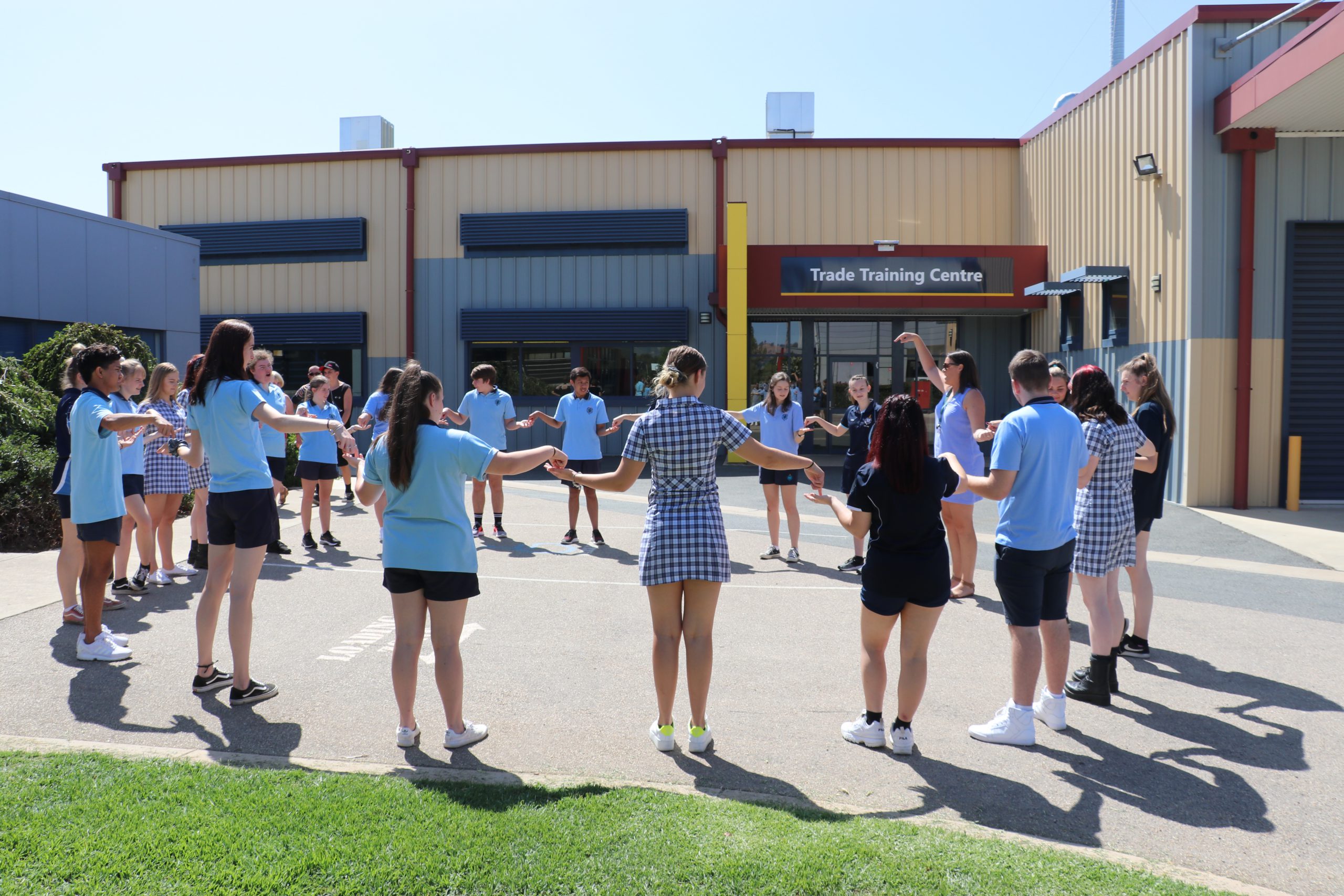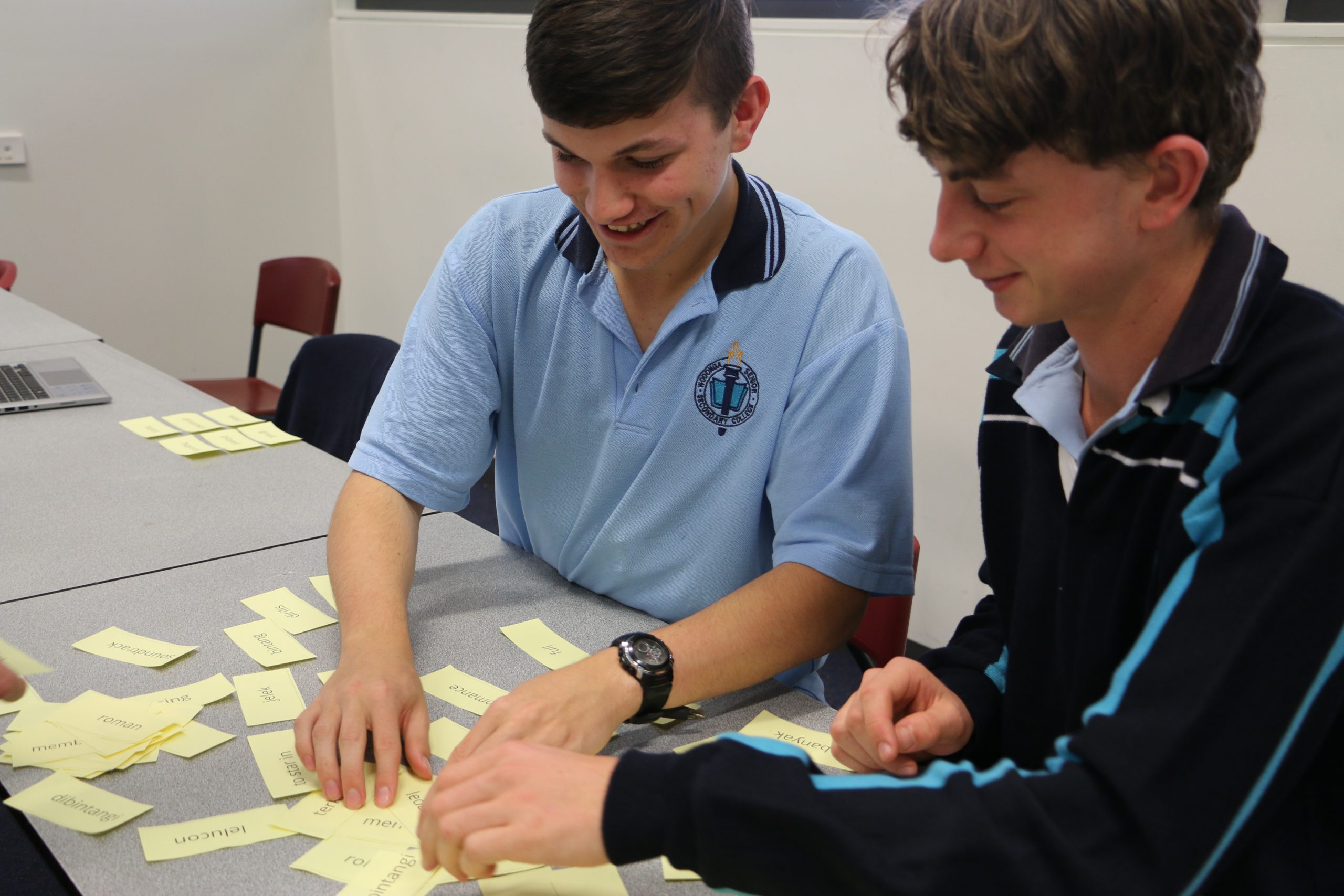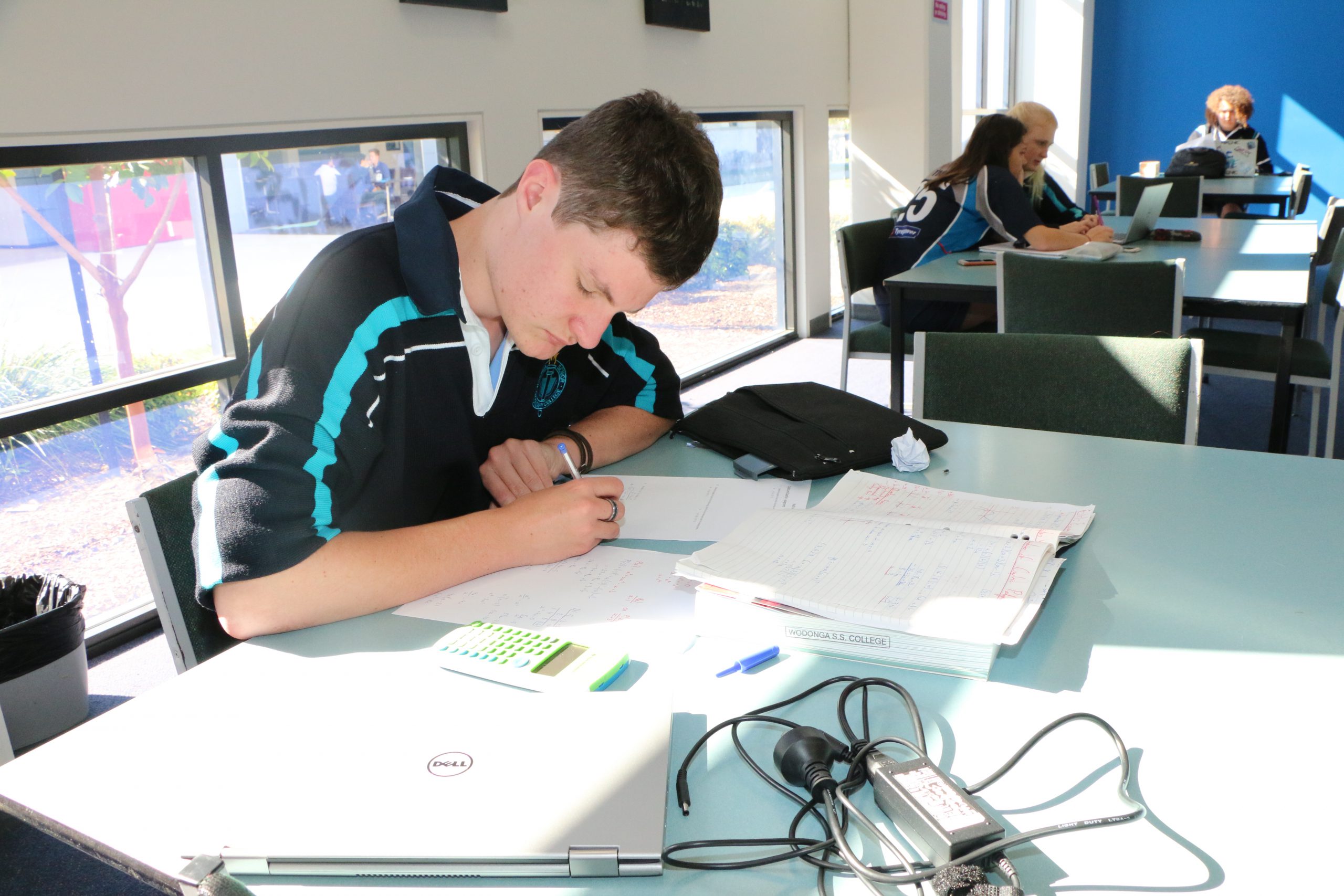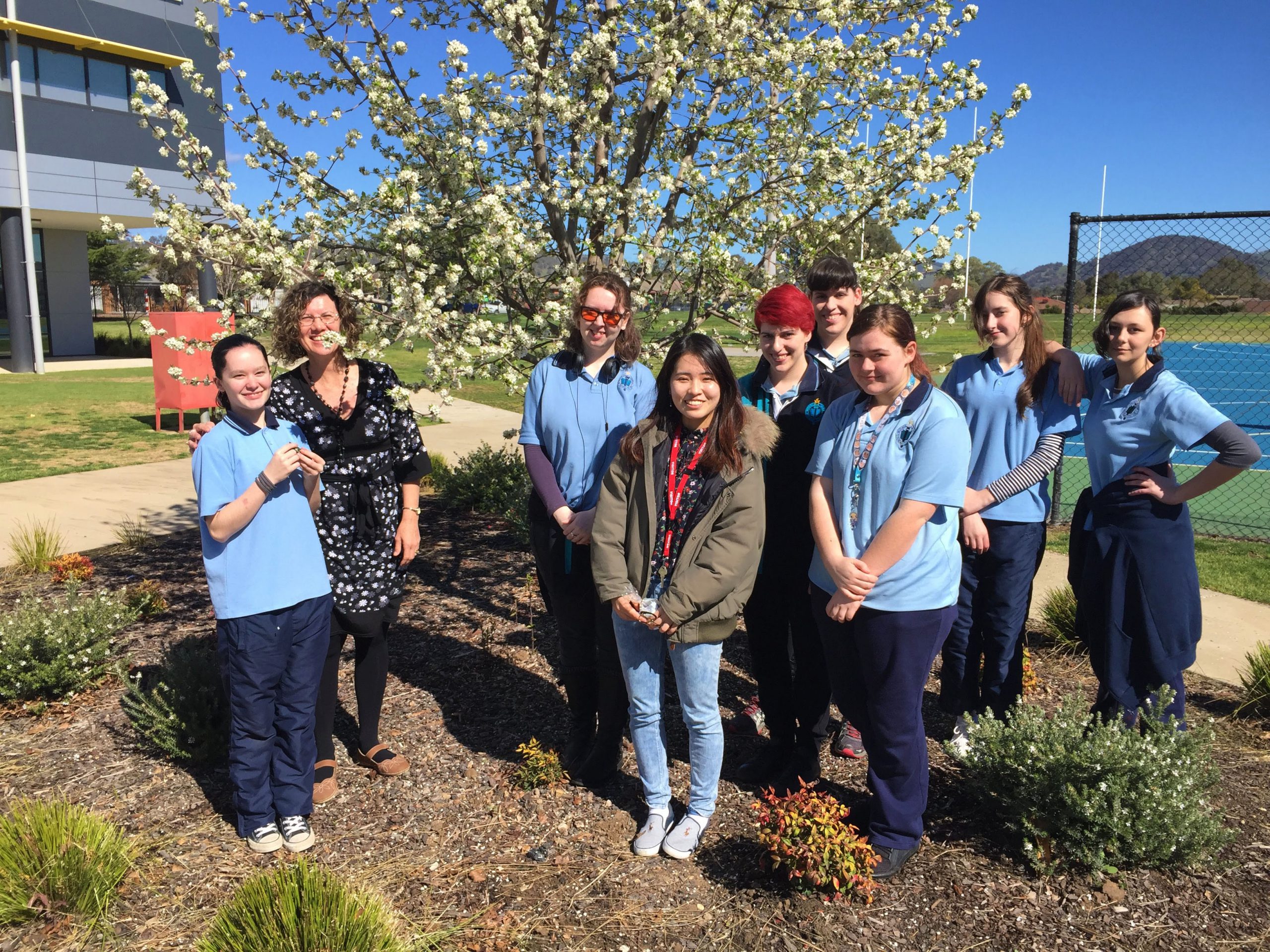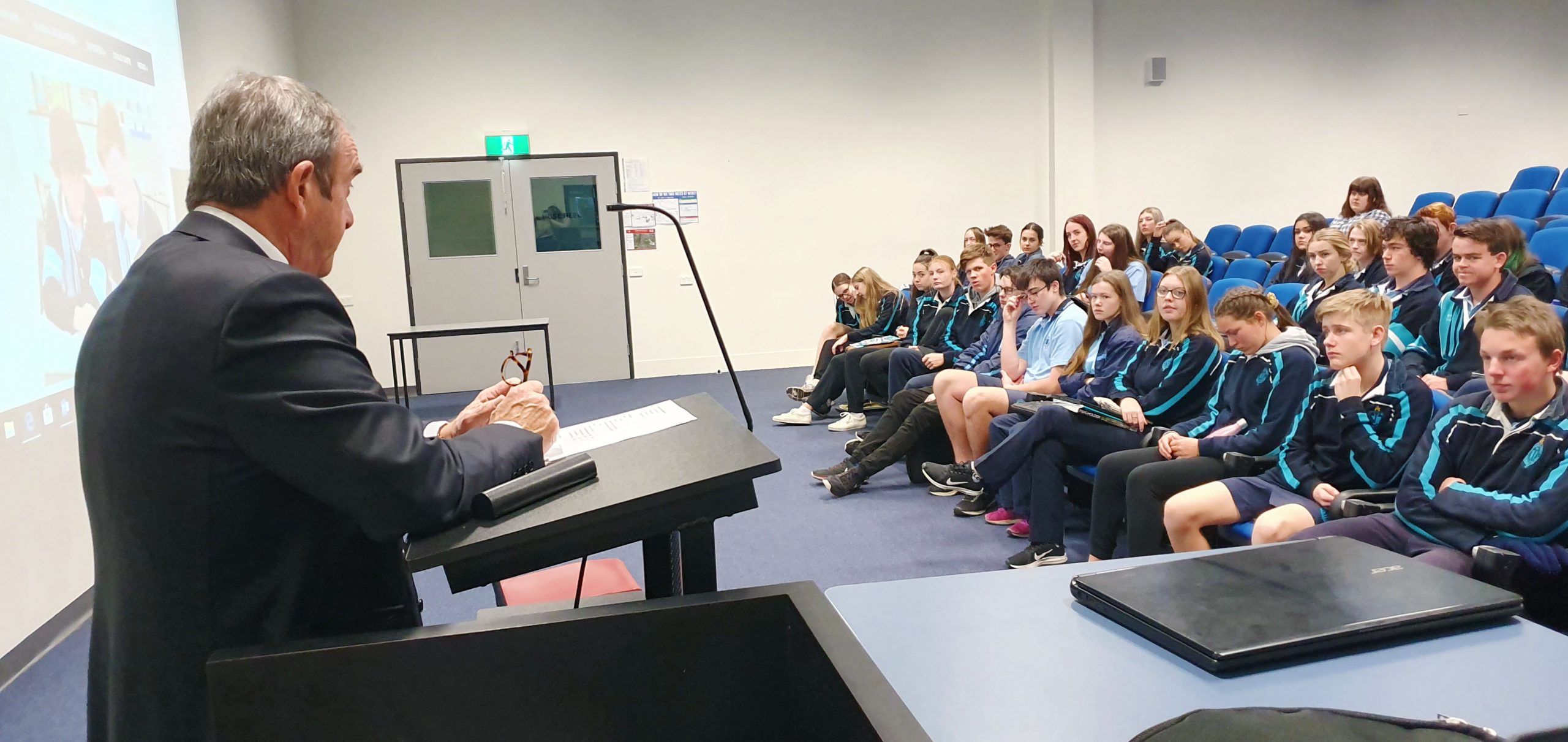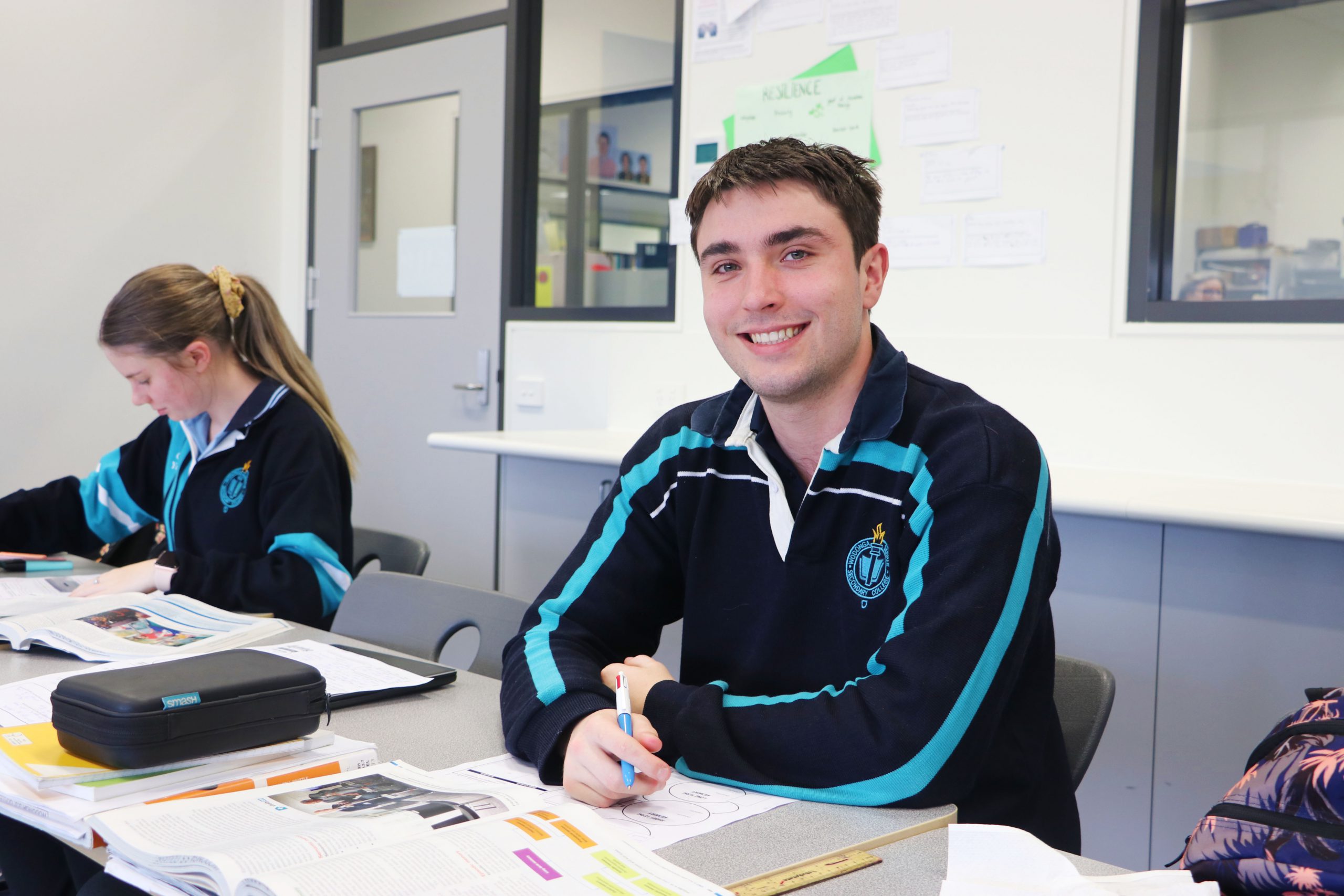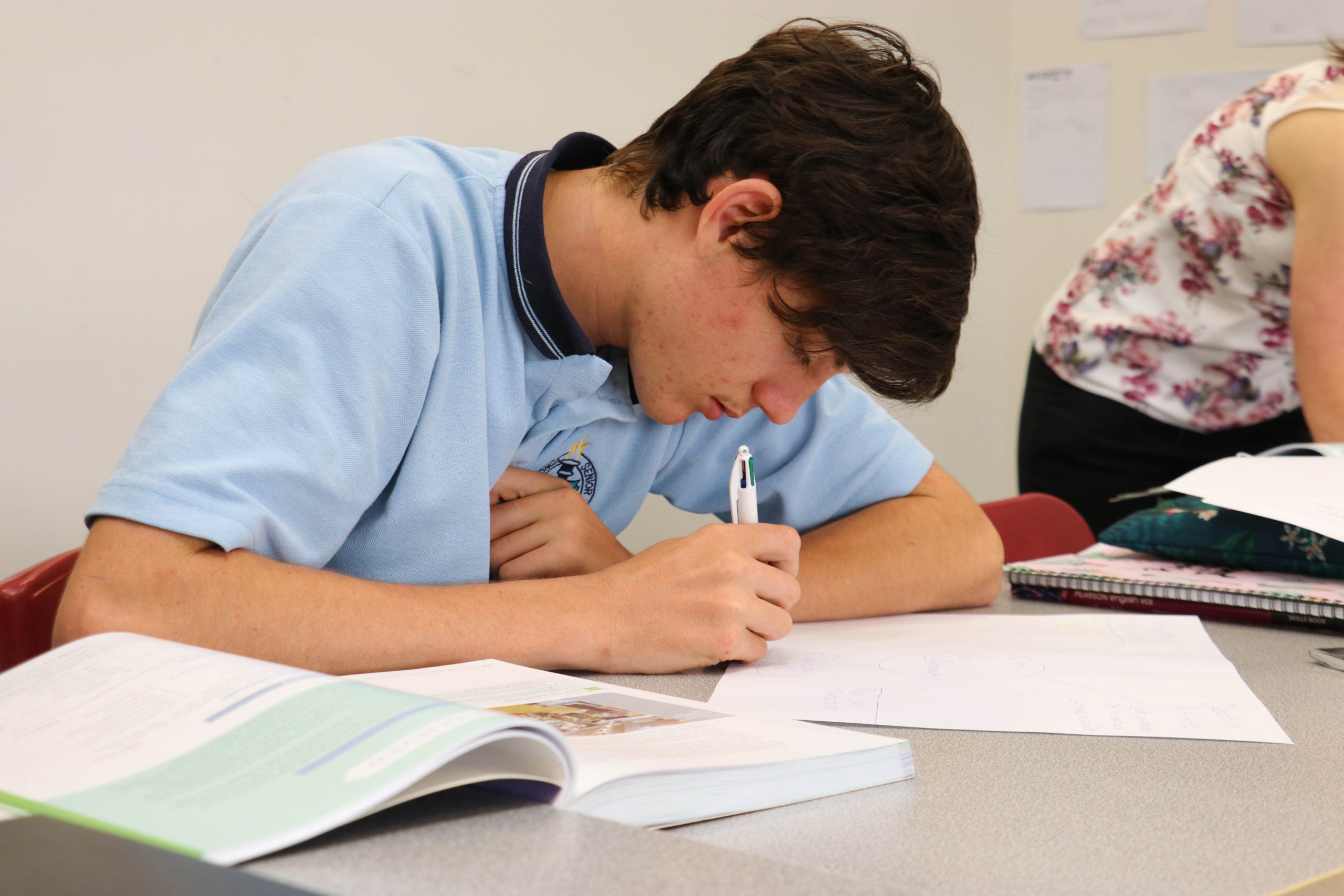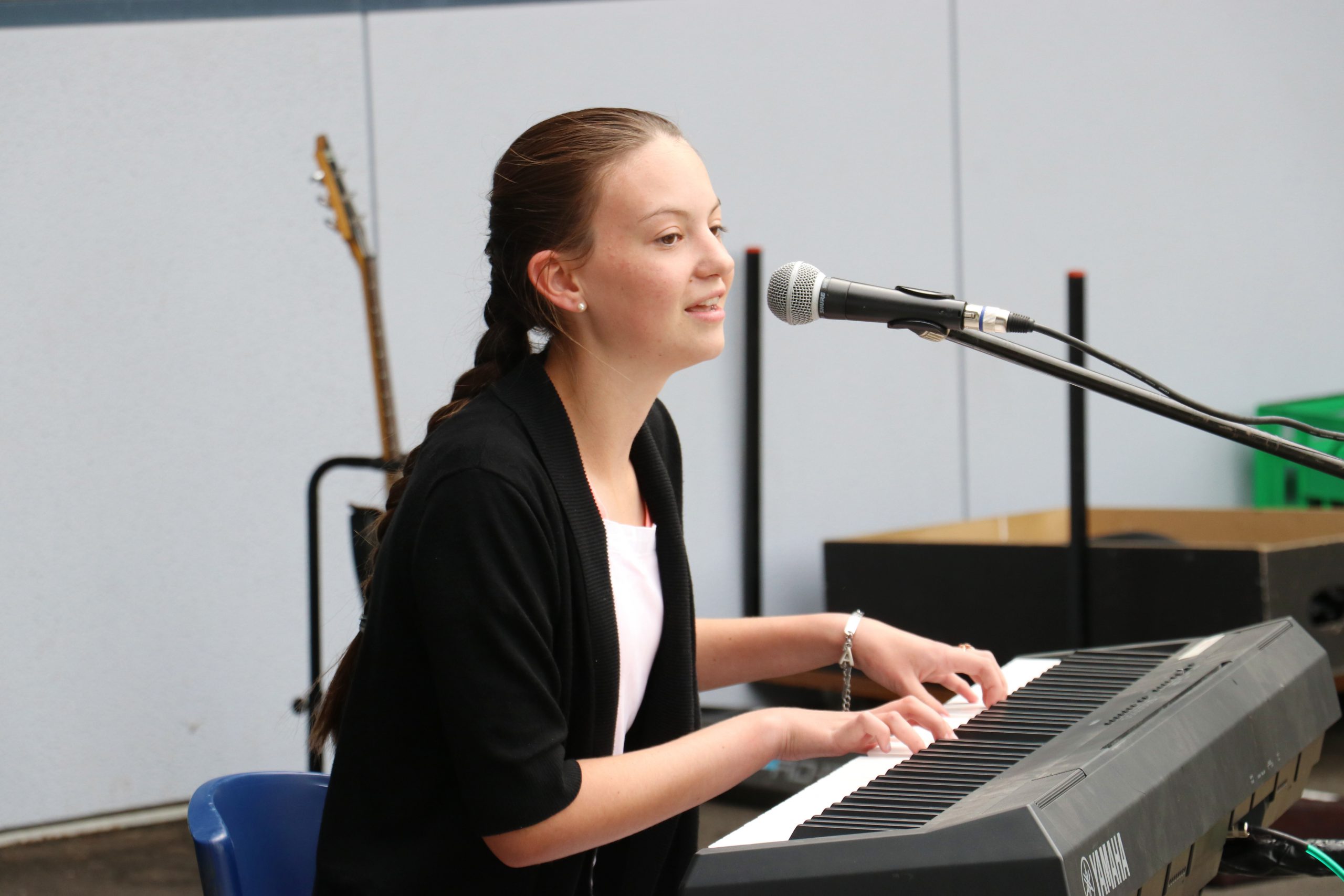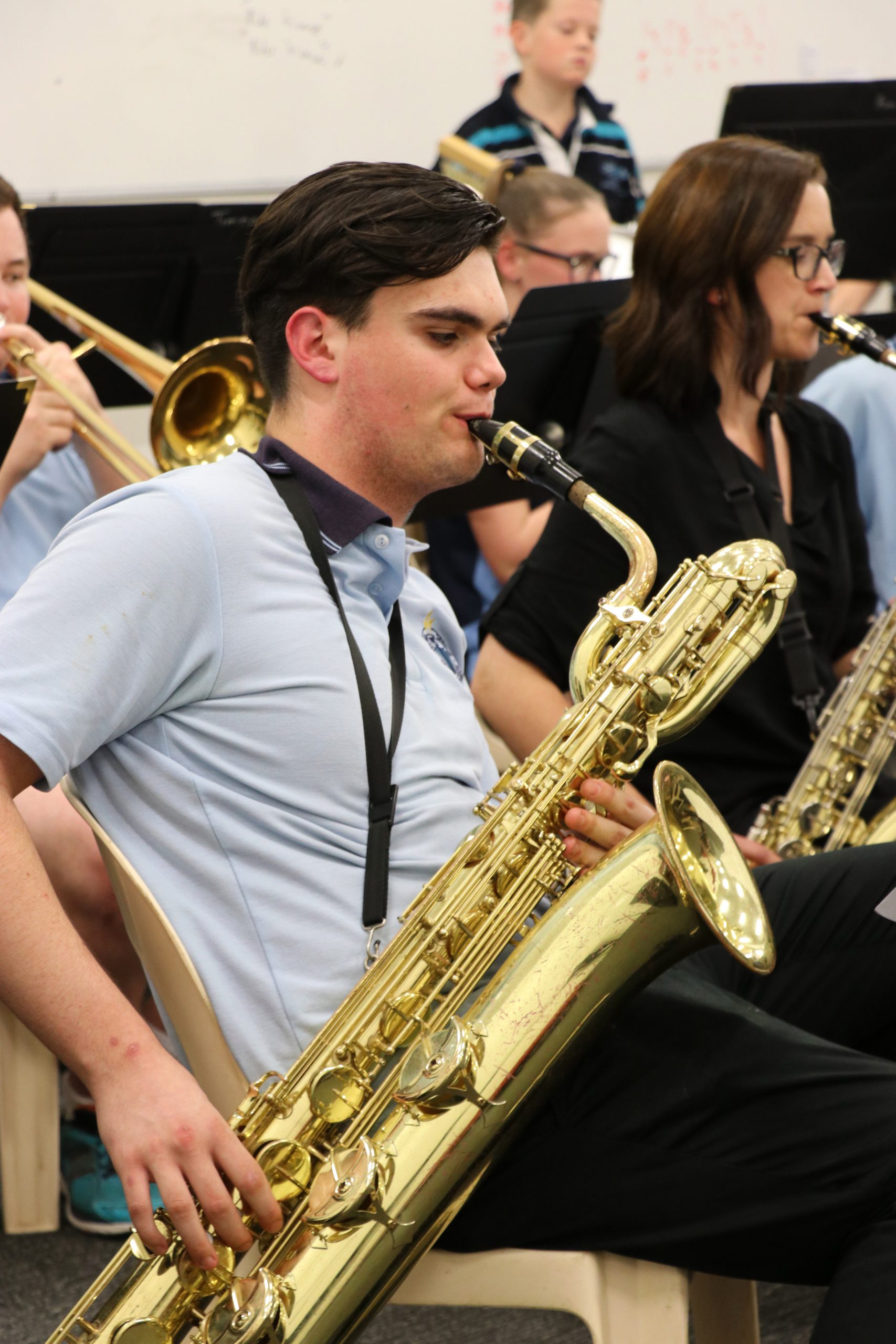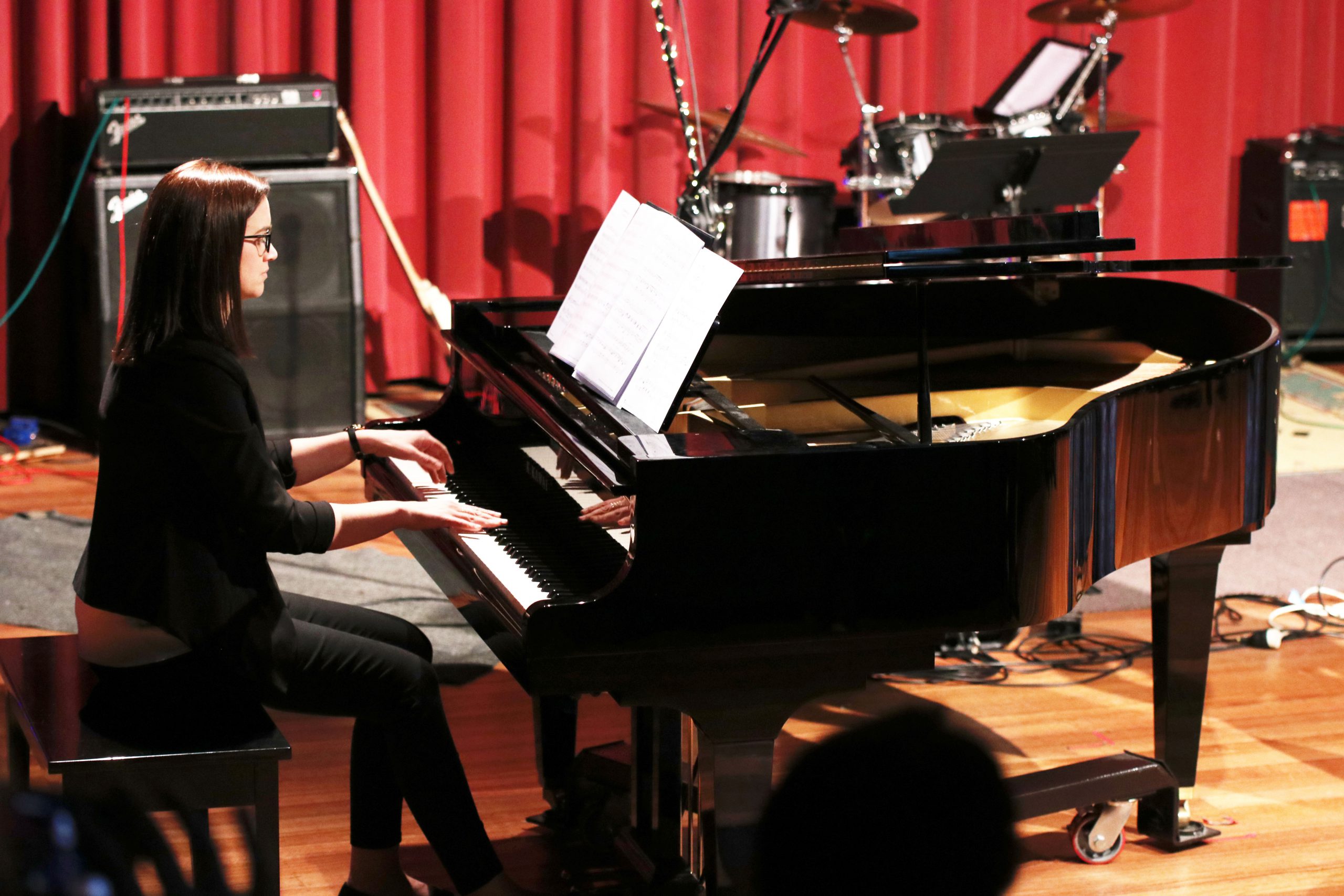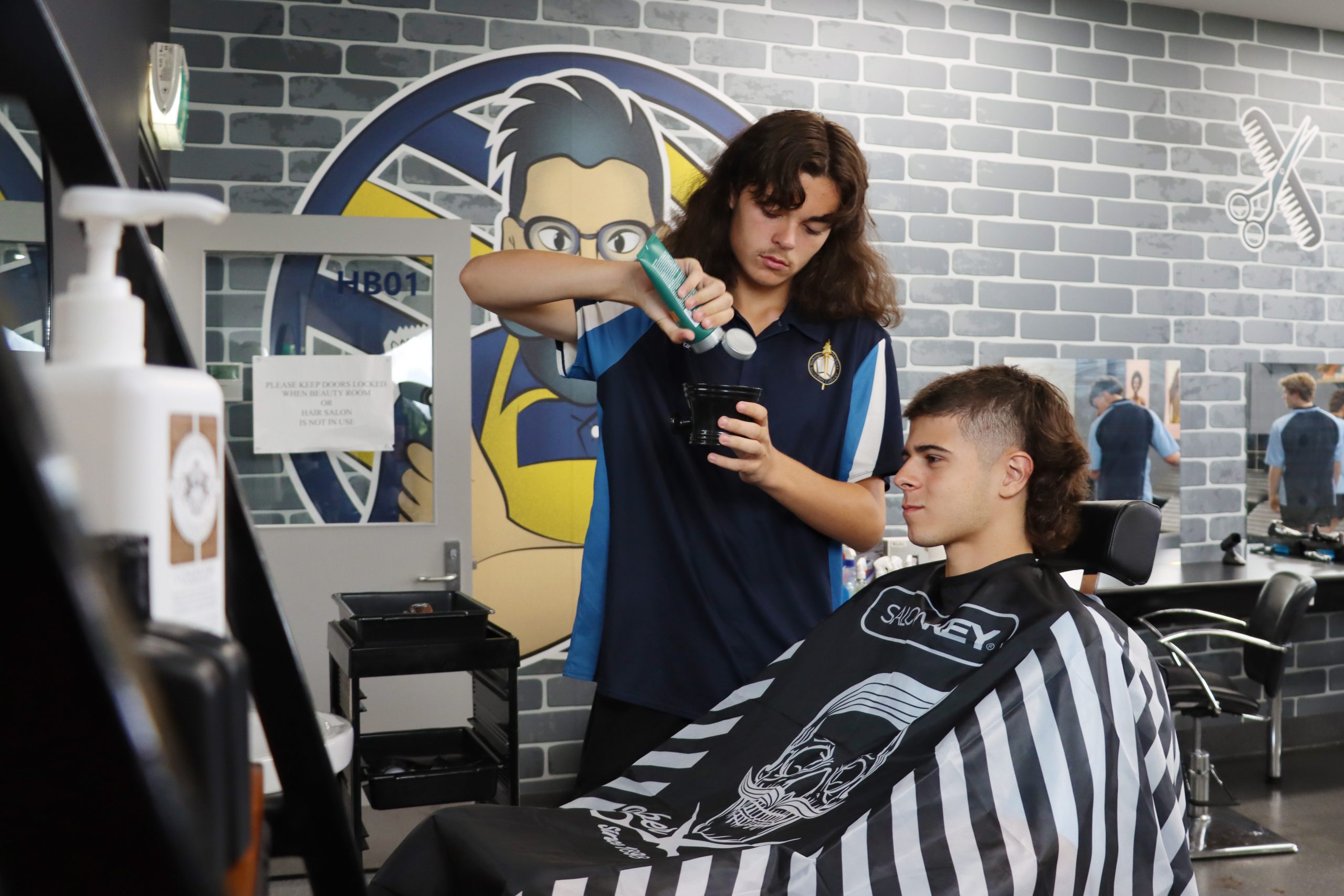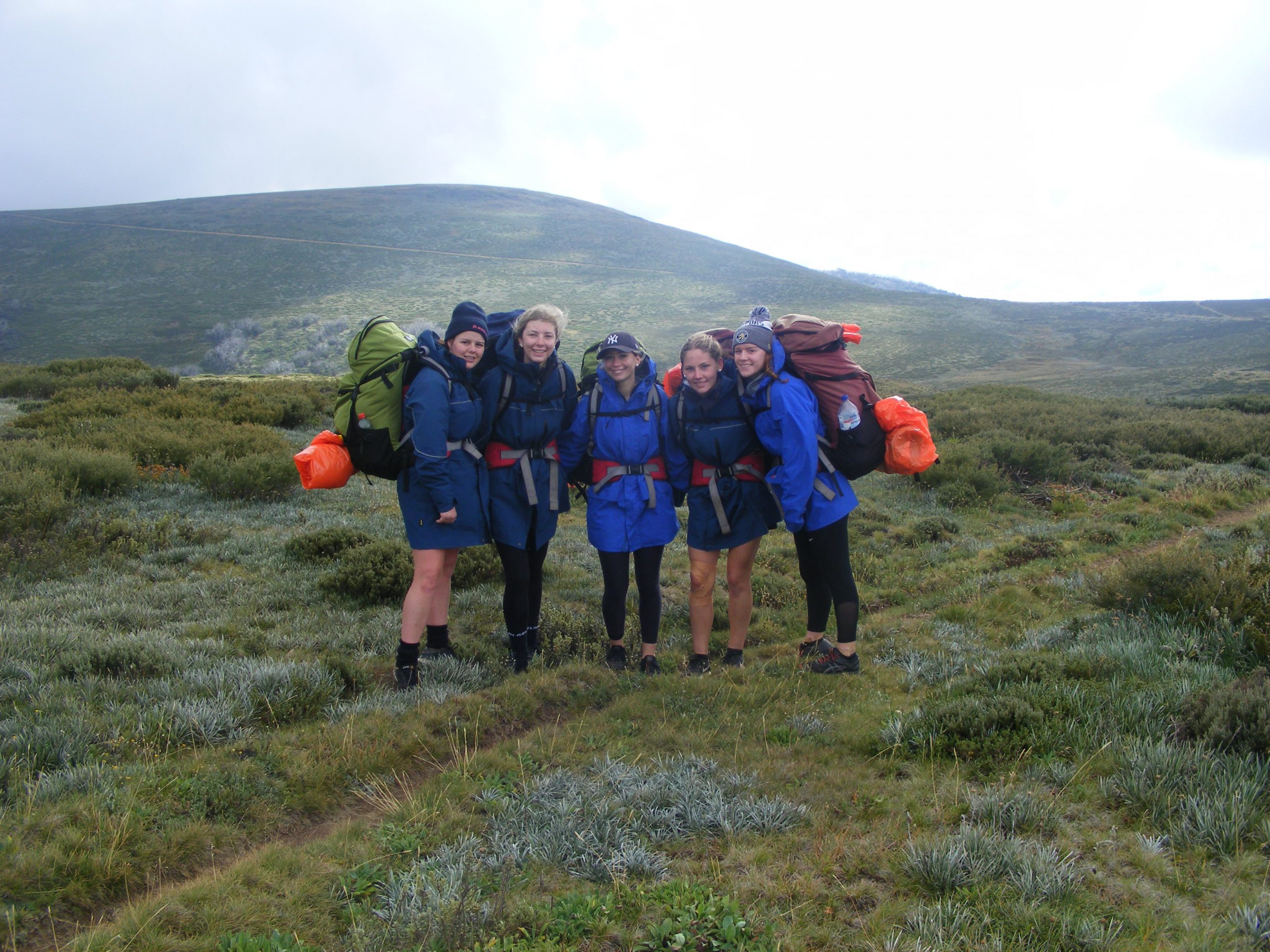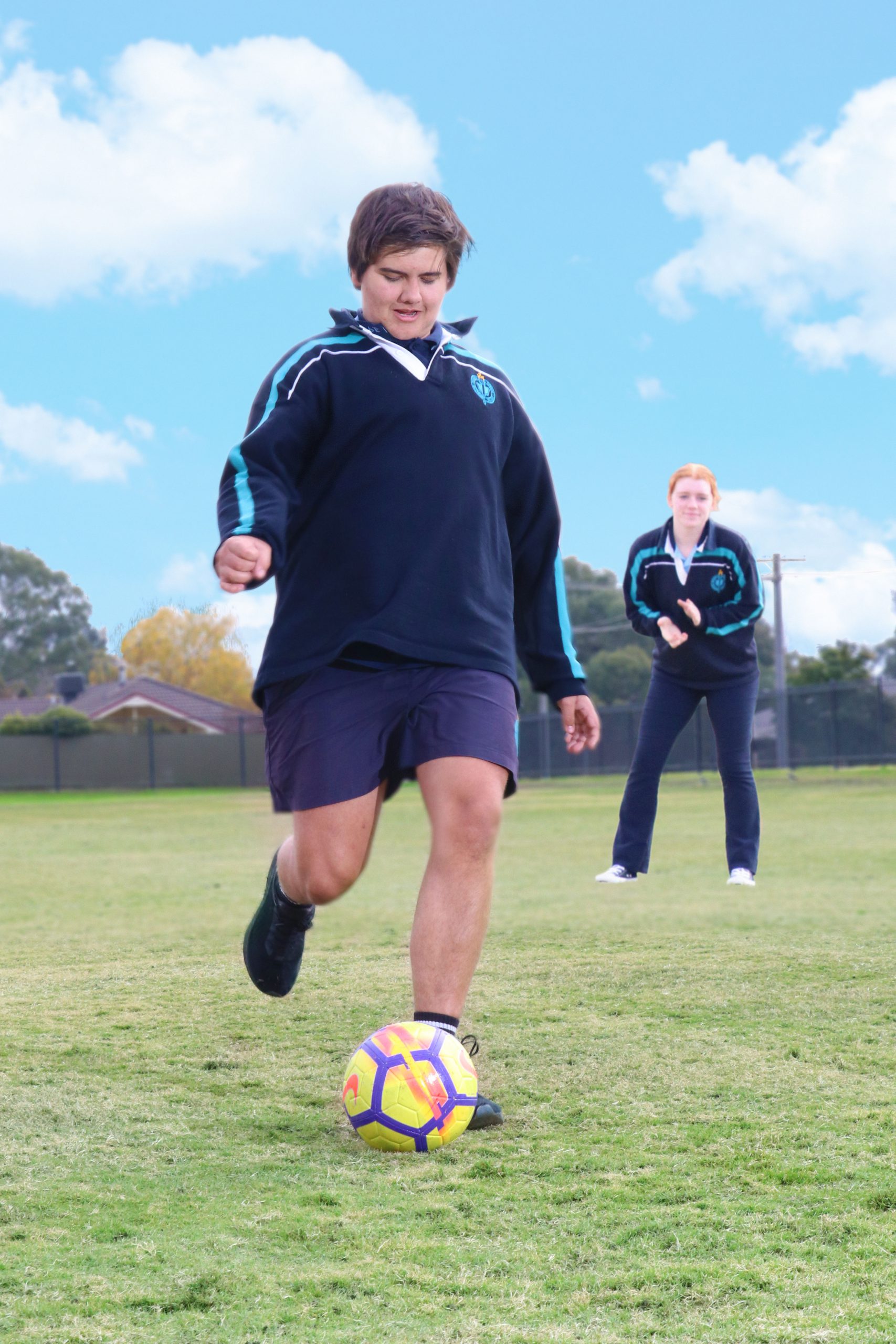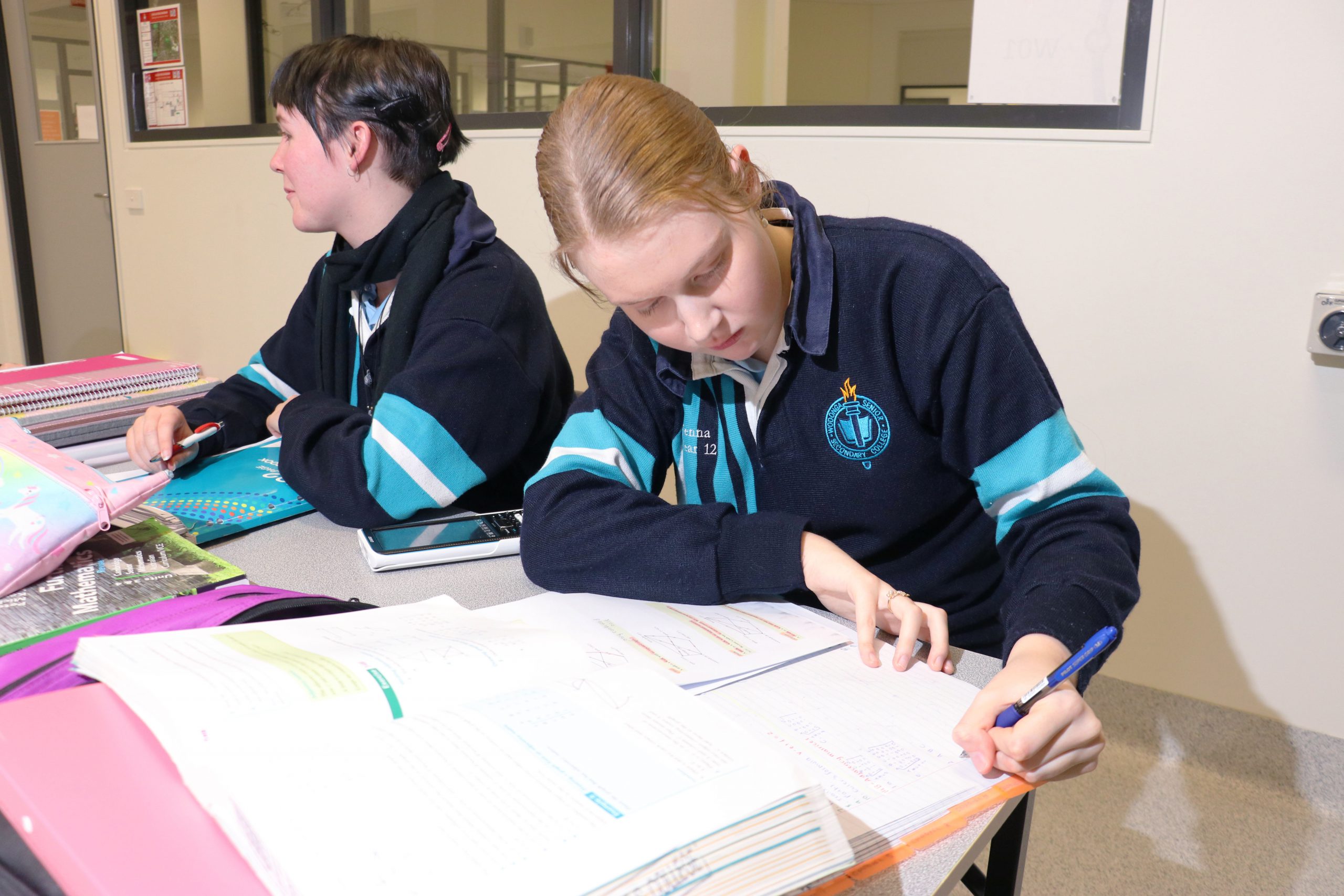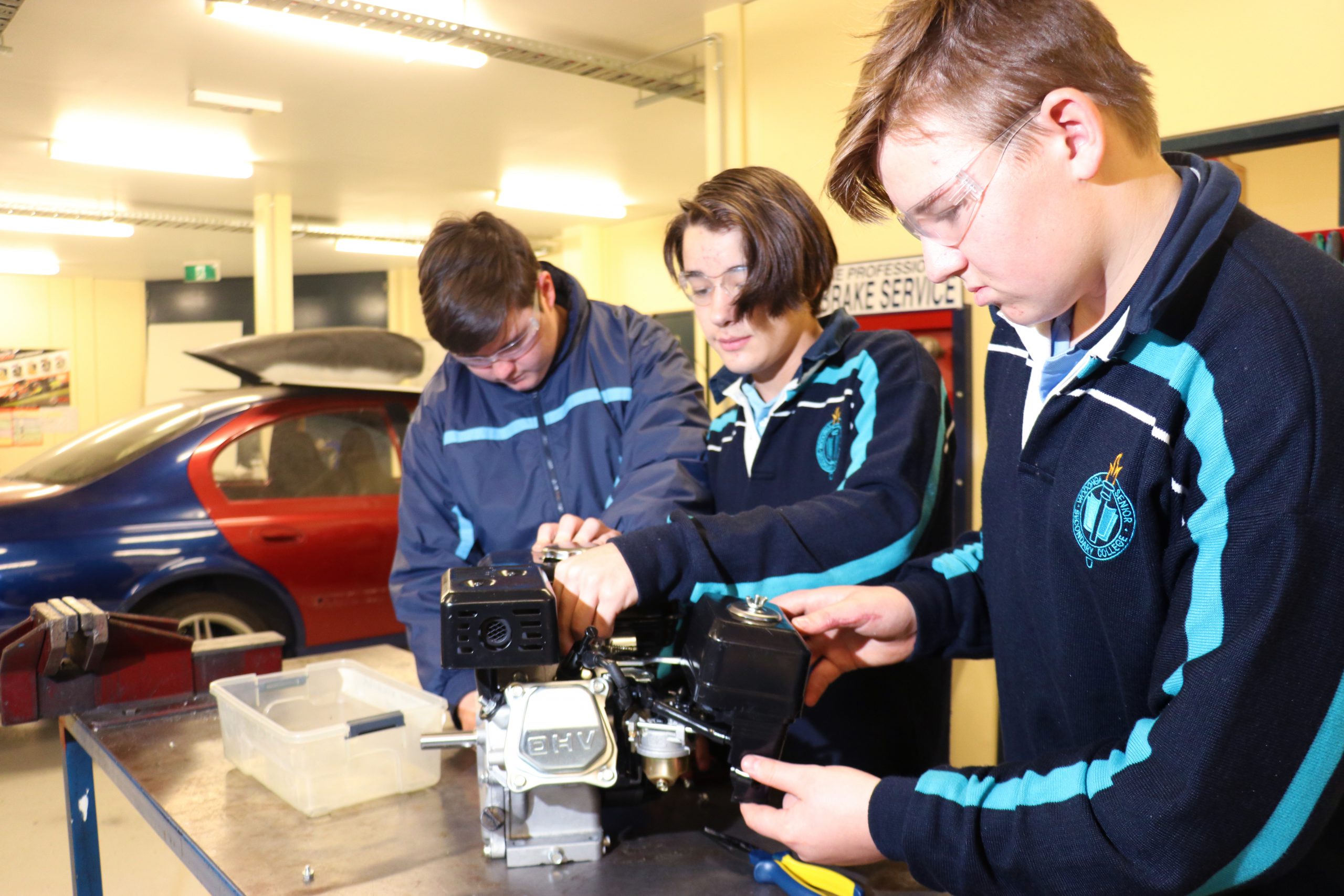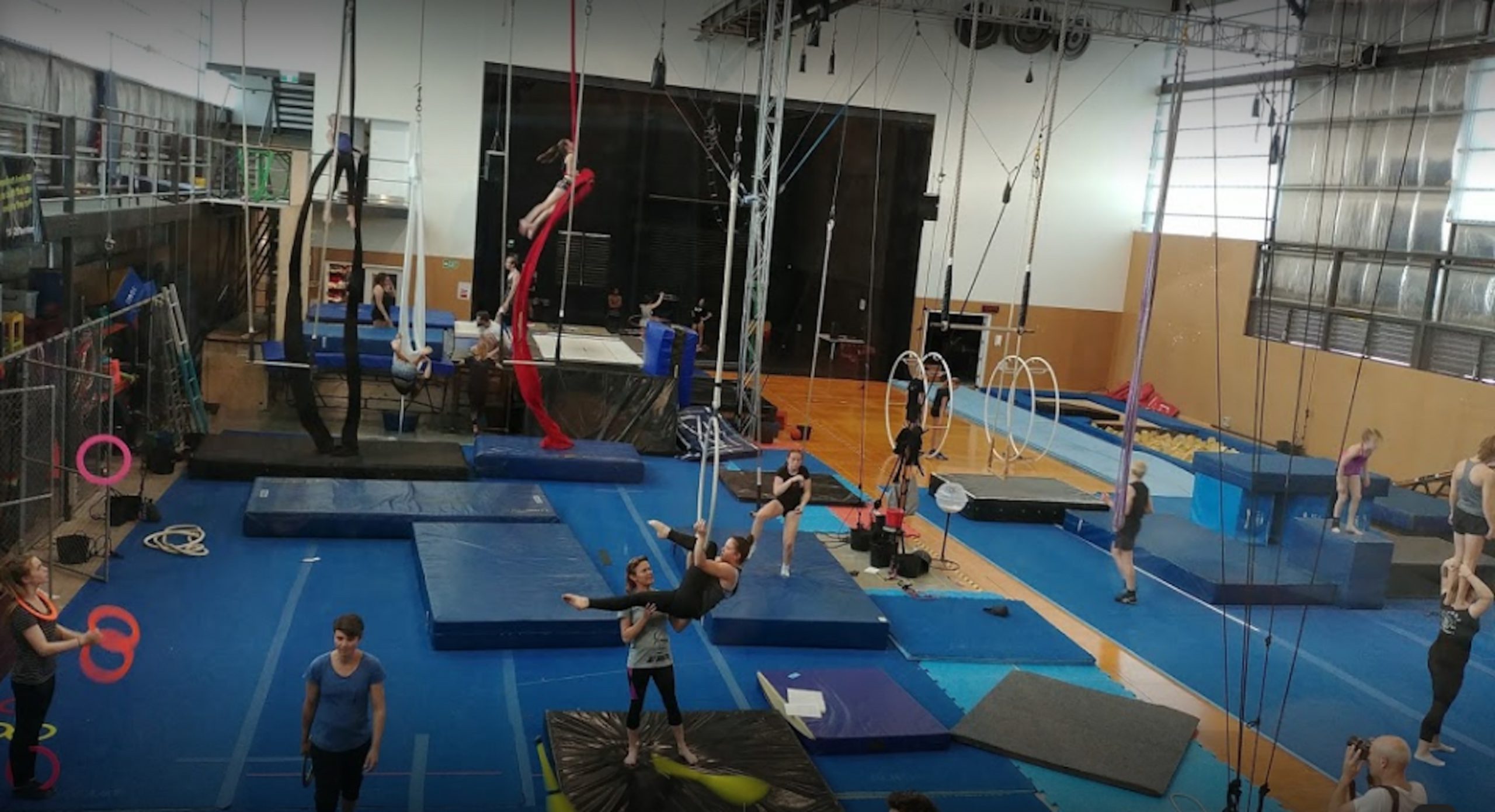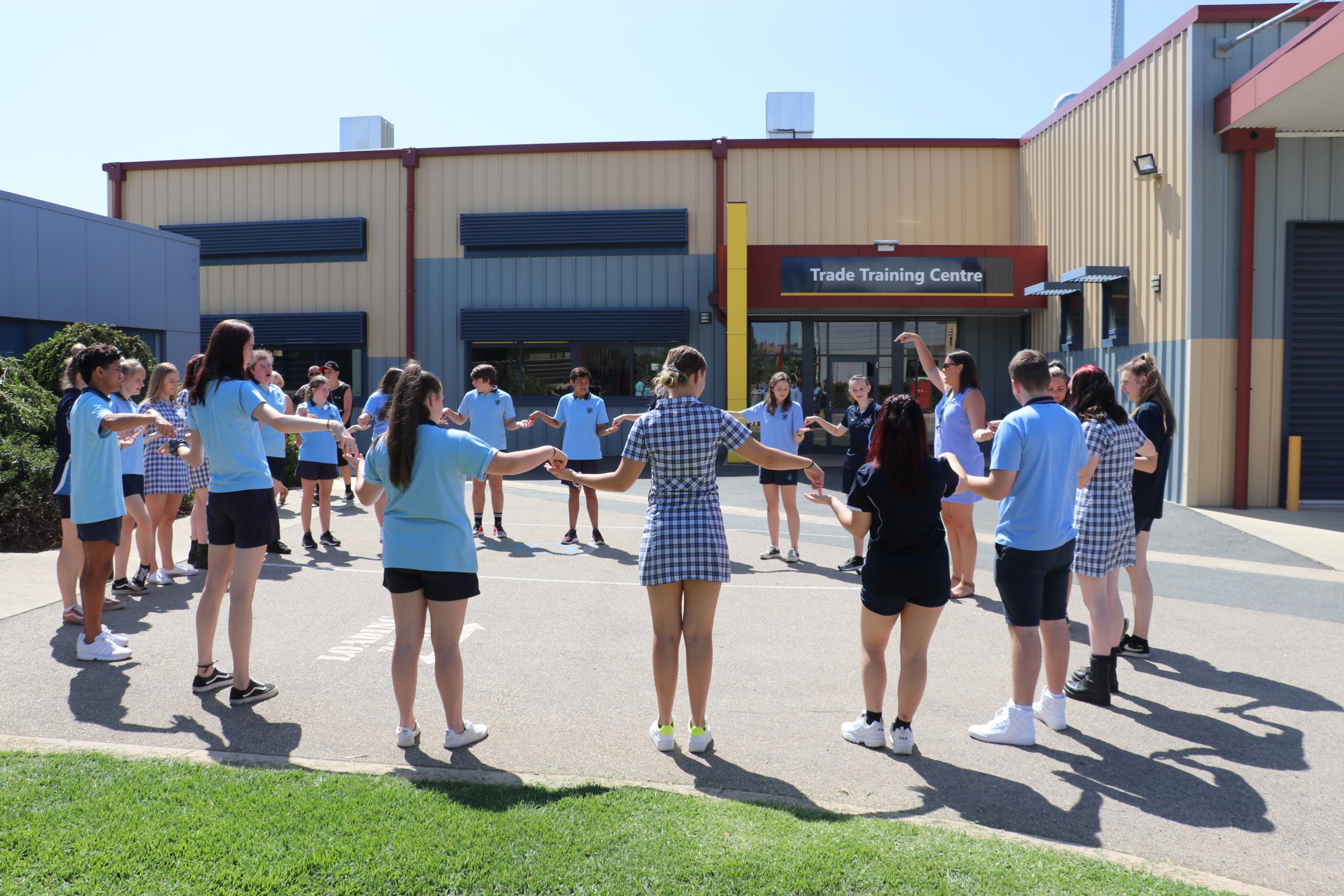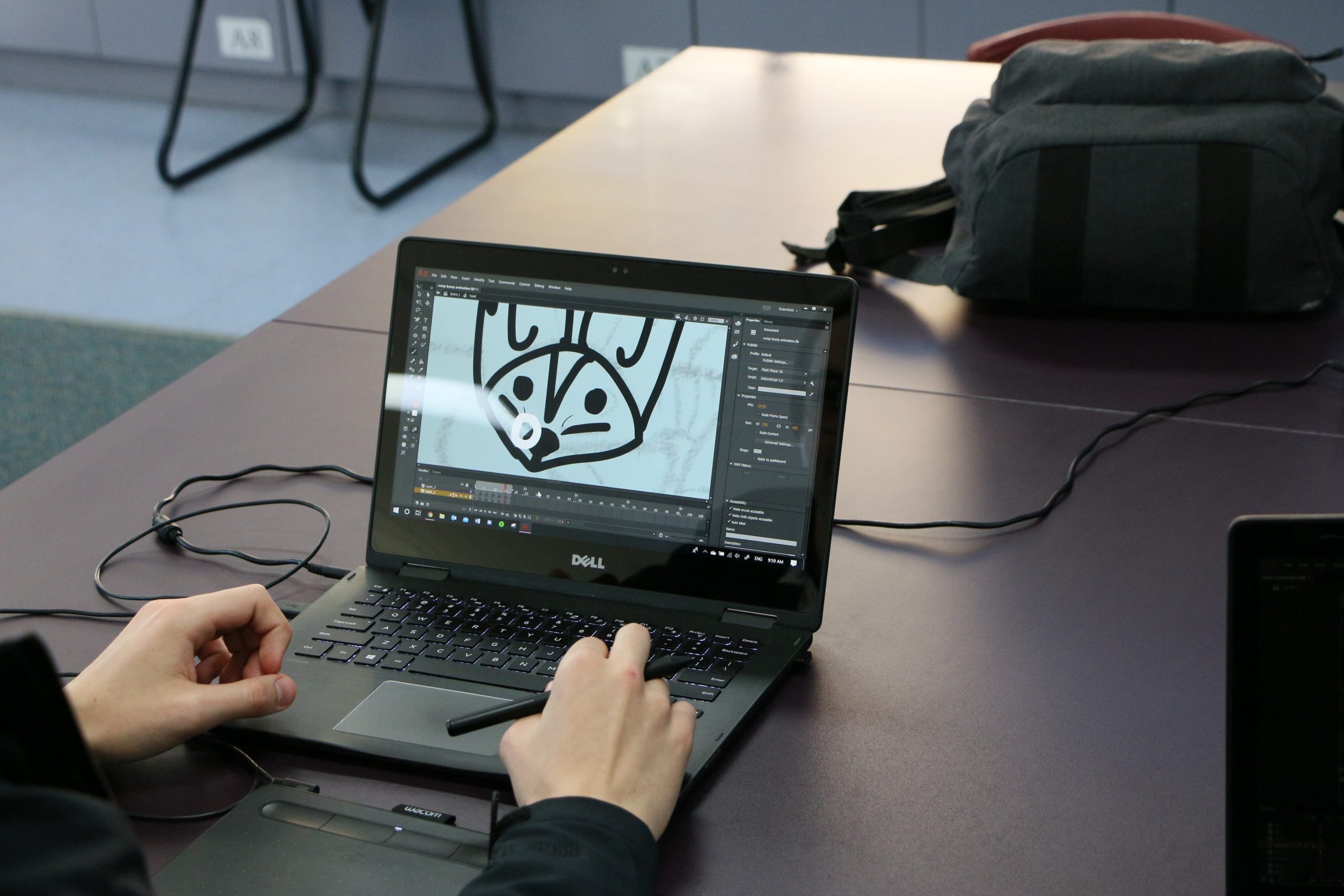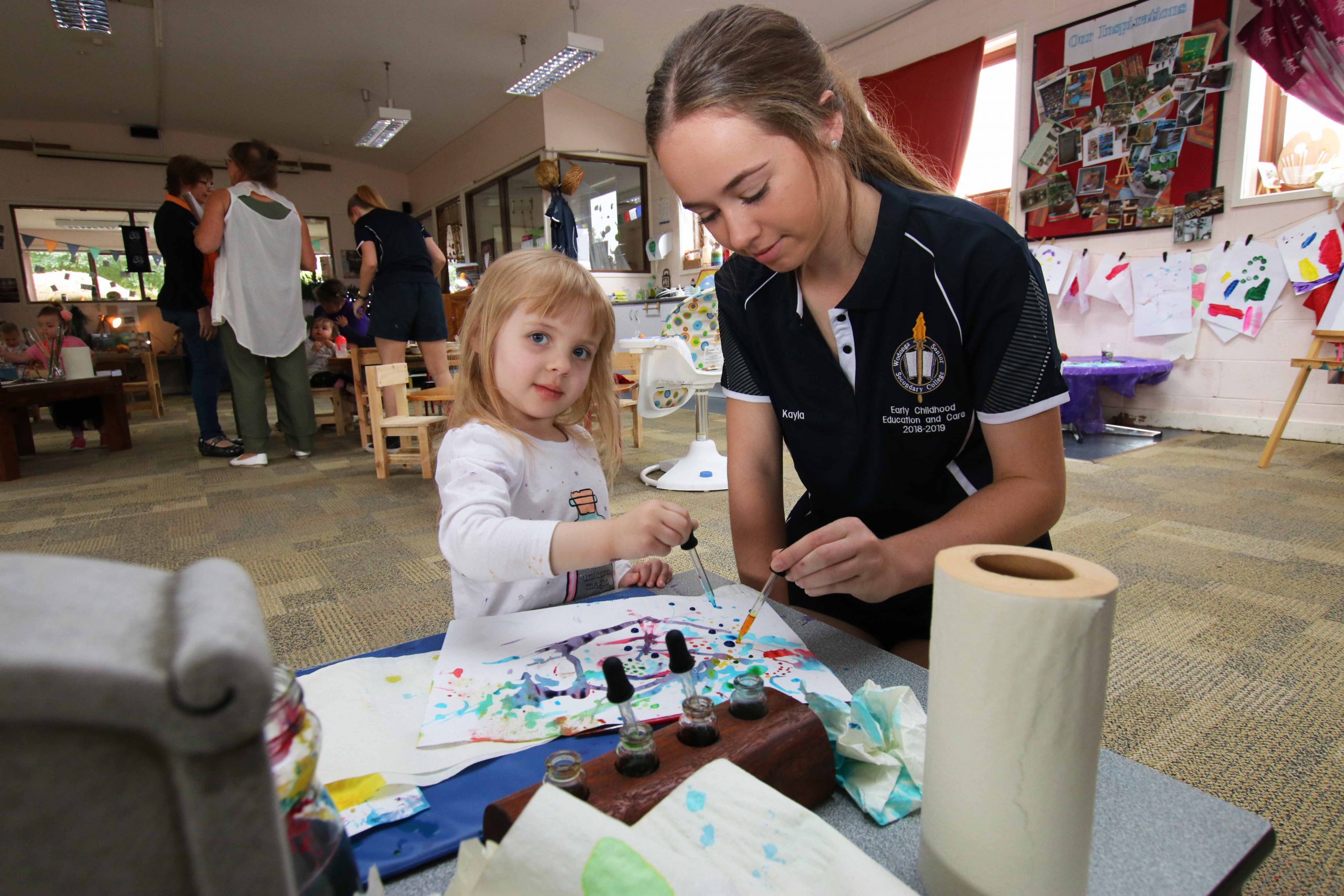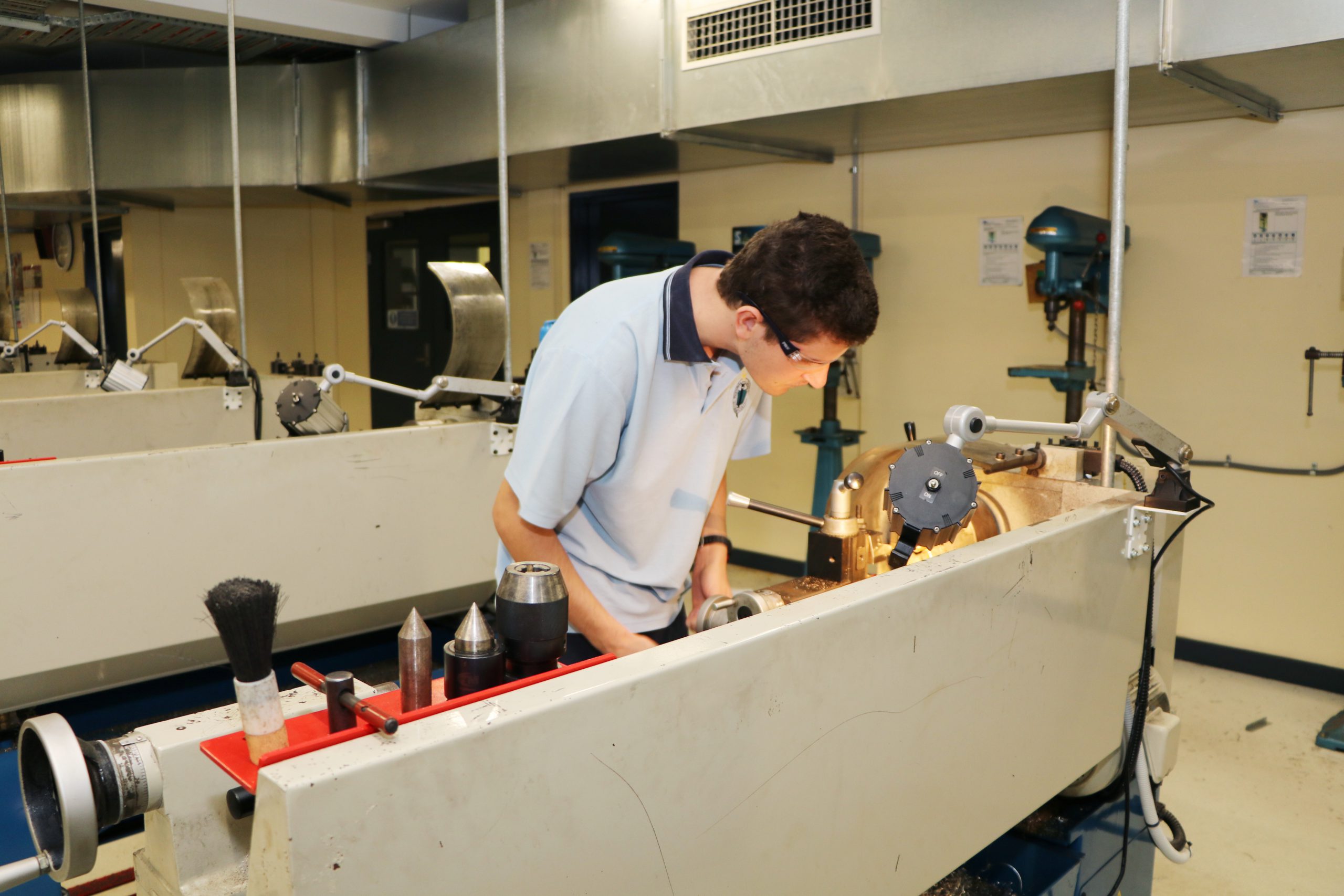Victorian Certificate of Education (VCE)
Victorian Certificate of Education
Pathways to University, TAFE and the Workforce
At WSSC, students will be enrolled in 30 VCE units over 3 years.
Minimum requirements:
- 3 units from the VCE English group (including a Unit 3–4 sequence)
- 3 other sequences of Unit 3-4 studies
Pathways to TAFE and the Workforce (Vocational Major – VM)
At WSSC, students will be enrolled in 30 VCE units over 3 years.
Minimum requirements:
- 3 VCE VM Literacy or VCE English units (including a Unit 3–4 sequence)
- 2 VCE VM Numeracy or VCE Mathematics units
- 2 VCE VM Work Related Skills units
- 2VCE VM Personal Development Skills units
- 2 VCE VM Personal Development Skills units
- Minimum of 180 nominal hours of VET at Certificate II level of above, and
- Minimum of 3 Unit 3-4 sequences in addition to your sequence from the English group
What is VCE?
What is VCE?
The VCE is the Victorian Certificate of Education. Successfully completing the VCE and achieving study scores in four subjects will give you an ATAR, which will help you get into university.
The Victorian Certificate of Education (VCE) opens pathways to university, higher-level TAFE or Vocational Education and Training (VET) certificate courses, apprenticeships and traineeships, and the workforce. The VCE offers studies in humanities, science, mathematics, technologies, arts, physical education and languages, as well as VET programs.
You are also able to enrol in the VCE Vocational Major (VM). This is a 2-year vocational and applied learning program within the VCE.
How is VCE structured?
The VCE course is made up of studies and units, some of which must be studied as a sequence.
A study is a subject, for example, English or Biology. It is made up of four units (Units 1, 2, 3 and 4), each of which is a semester in length.
For most students, VCE is completed over two years. At WSSC students complete VCE over three years.
Students typically study Units 1 and 2 in Year 10 and 11, and Units 3 and 4 in 12 but can advance in Year 11 in up to two unit 3-4 sequences (other than English and Math).
You can study Unit 1 or Unit 2 of a subject as stand-alone units. However, you must enrol in Units 3 and 4 of a study as a sequence. This sequence needs to be completed in the same year if a study score is to be calculated.
Students at WSSC have the opportunity to complete 30 units over the three years, eight in Year 10, twelve in Year 11 and ten in Year 12.
How is VCE Structured?
The VCE course is made up of studies and units, some of which must be studied as a sequence.
A study is a subject, for example, English or Biology. It is made up of four units (Units 1, 2, 3 and 4), each of which is a semester in length.
For most students, VCE is completed over two years. At WSSC students complete VCE over three years.
Students typically study Units 1 and 2 in Year 10 and 11, and Units 3 and 4 in 12 but can advance in Year 11 in up to two unit 3-4 sequences (other than English and Math).
You can study Unit 1 or Unit 2 of a subject as stand-alone units. However, you must enrol in Units 3 and 4 of a study as a sequence. This sequence needs to be completed in the same year if a study score is to be calculated.
Students at WSSC have the opportunity to complete 30 units over the three years, eight in Year 10, twelve in Year 11 and ten in Year 12.
How are VCE subjects graded?
Unit 1 & 2
- Satisfactory or Not Satisfactory
Unit 3 & 4
- Satisfactory or Not Satisfactory
- Graded Assessments: Very High to Very Low (Not applicable to VCE VM subjects)
- Commonly referred to as School Assessed Coursework (SAC’s) and School Assessed Tasks (SAT’s)
- External Exams (Not applicable to VCE VM subjects)
Study Scores for Unit 3 & 4 Subjects (excluding VCE VM and unscored VCE VET)
Graded assessments and external exams are used to rank you against all the other students completing that subject in that year. This ranking is a number for 0-50.
The average (mean) is set at 30 for each subject each year.
Across the state most students will score between 23-37.
- 2% of students will get a score on or above 45
- 9% of students will get a score on or above 40
- 26% of students will get a score on or above 35
- 53% of students will get a score on or above 30
- 78% of students will get a score on or above 25
- 93% of students will get a score on or above 20
Note: The rankings are specific to the year that you complete the subject in. It is not advised to compare one year to another.
What is the Australian Tertiary Admissions Rank (ATAR)?
The ATAR is a figure that reflects your relative achievement compared to everyone else in Year 12. It is based on study scores and is a ranking between 0.00 and 99.95.
Before offering places, tertiary institutions (universities) often look at each student’s ATAR and the combination of VCE subjects they finished.
To receive an ATAR you must complete 4 Unit 3–4 sequences, including a VCE English subject and get a study score for those subjects.
The Victorian Tertiary Admissions Centre (VTAC) calculates your ATAR. For more about the ATAR and tertiary course options, see the VTAC website.
Note: Study scores are calculated by Victorian Curriculum and Assessment Authority (VCAA).
ATAR’s are calculated by VTAC.
More information about VCE VM
What is the VCE Vocational Major?
The VCE VM is a 2-year vocational and applied learning program within the VCE with specific subjects designed to prepare students for life, further study and employment.
The VCE VM is a new vocational and applied learning program within the VCE.
The VCE VM will prepare you to move successfully into apprenticeships, traineeships, further education and training, university through alternative entry programs or directly into the workforce.
To recognise your achievements, when you’ve completed your VCE VM you will get your VCE with a Vocational Major.
Students at WSSC can select VCE VM Work Related Skills and/or Personal Development Skills at Year 10.
Students at WSSC cannot select VCE VM Literacy and Numeracy subjects until Year 11.
Key Differences between the VCE and VCE VM
| VCE | VCE VM |
| Scored Receive Study Scores for each subject Receive an ATAR on completion | Typically, unscored Can be scored through careful subject selection. |
| Fastest pathway to university | University via an alternate pathway |
| Compulsory Subject: English Electives: 5 | Compulsory Subjects: English, Maths, Work-Related Skills, Personal Development, VET subject Electives: 1 |

